Nicole Caldwell
Nicole Caldwell is Senior Editor at Green Matters and CEO of Better Farm, a sustainability campus and animal sanctuary in Redwood, NY.
More From Nicole Caldwell
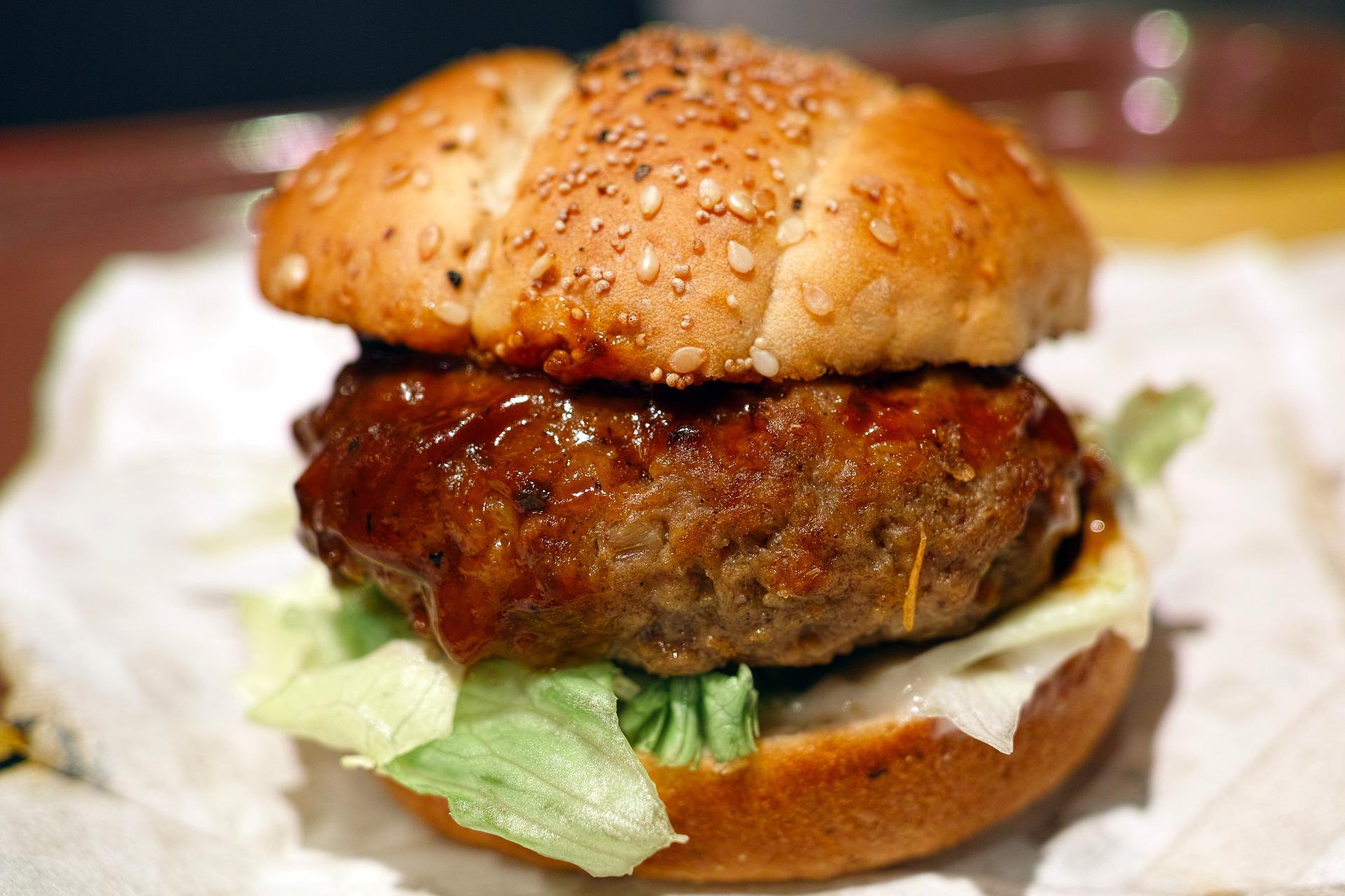
Lab-Grown 'Clean Meats' Provide Protein Without Harming The Planet
Meat production is very bad for the environment but lab grown meat could change that.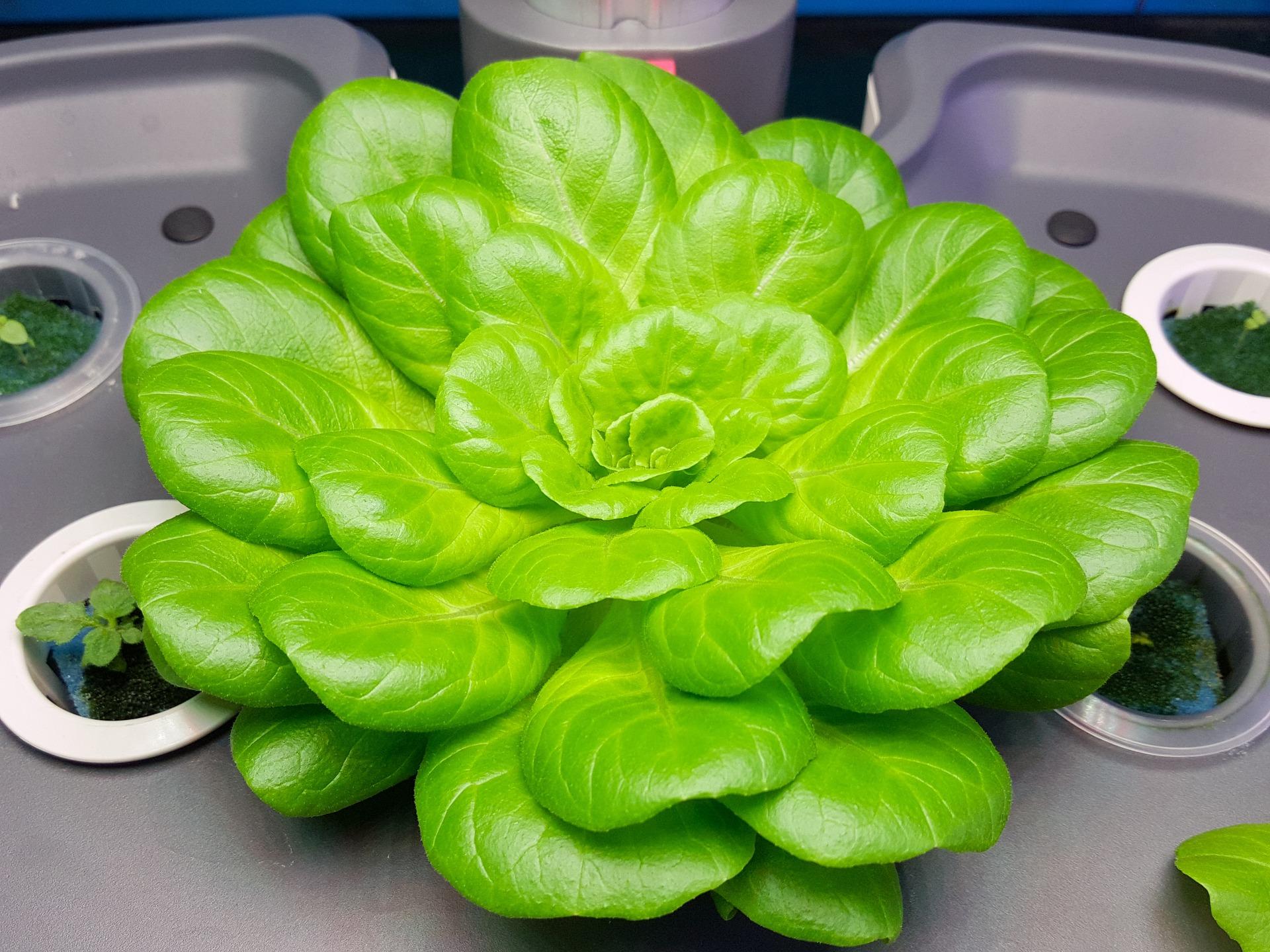
Pratt Students Design The Waste-Free Kitchen Of The Future
Students at Pratt have designed a kitchen that is waste free and affordable designs.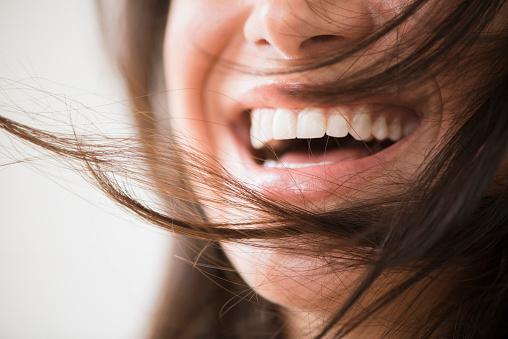
9 Healthy Ways To Whiten Your Teeth Naturally
Whitening teeth has become a huge craze among people with positive results and here are some ways that you can do it naturally
New TV Show 'SCRAPS' Teaches Home Cooks How To Turn Food Waste Into Dinner
A new TV show is focused on showing people how to take your food waste and leftovers and turn it delicious.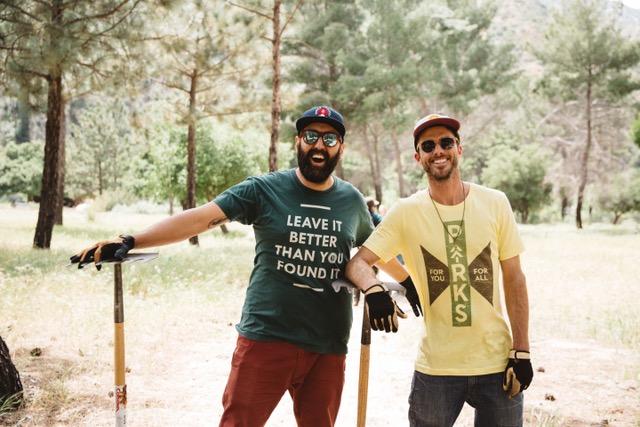
New Apparel Company 'Parks Project' Donates Part Of Every Sale To National Parks
Where your love for natioal parks on your sleeve with Parks Project Apparel and a portion of the proceeds will be donated to help keep the U.S. National Parks Service alive and well.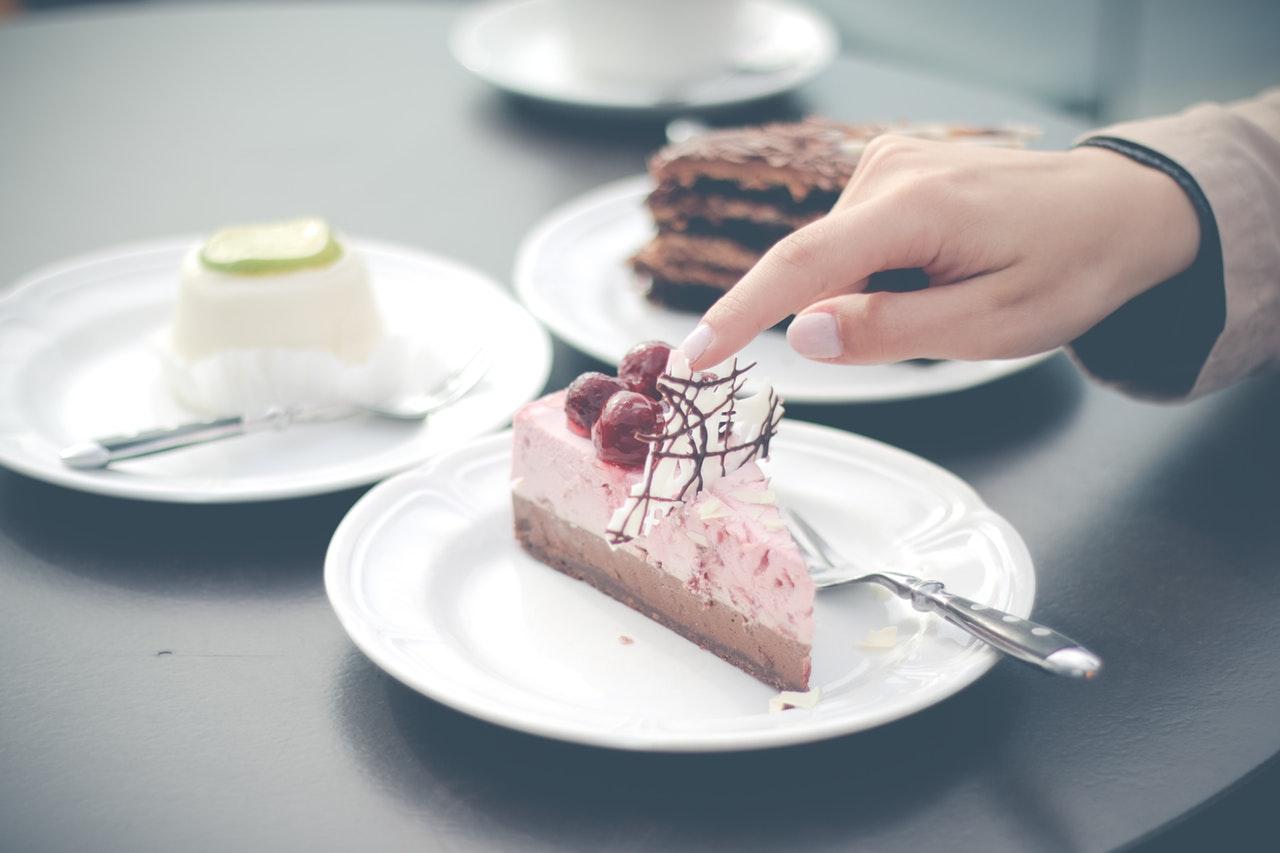
8 Healthy Foods To Help Curb Your Sugar Addiction
If you're trying to combat your sugar addiction, here are eight foods that will help curb your cravings for refined sugar. And they're actually super tasty.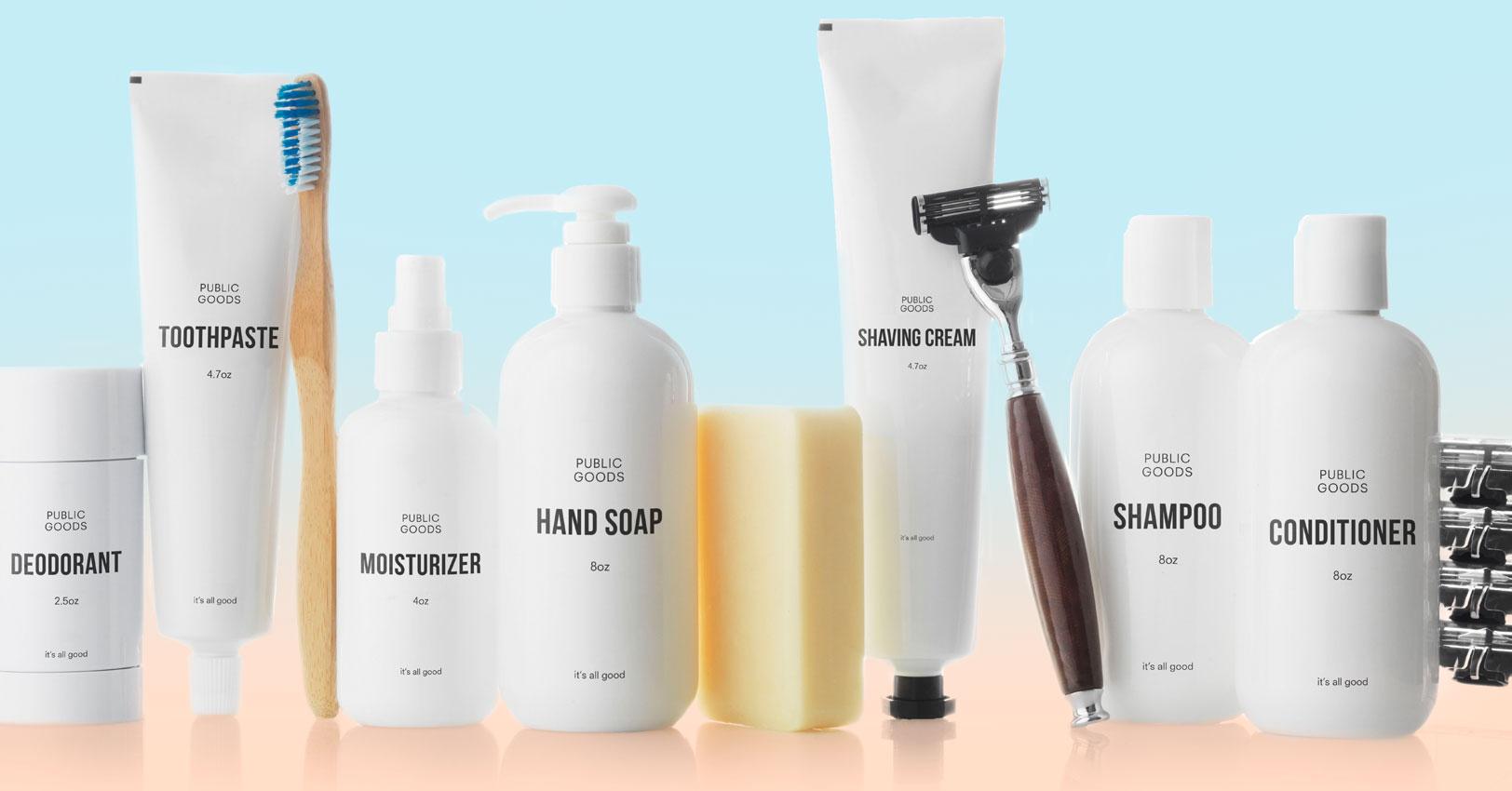
How One Company Is Making Vegan Personal Care Items Affordable
It's tough to find vegan personal care products that are healthy and paraben-free as well as cruelty-free — at least at a price youc an afford. Public Goods hopes to change that.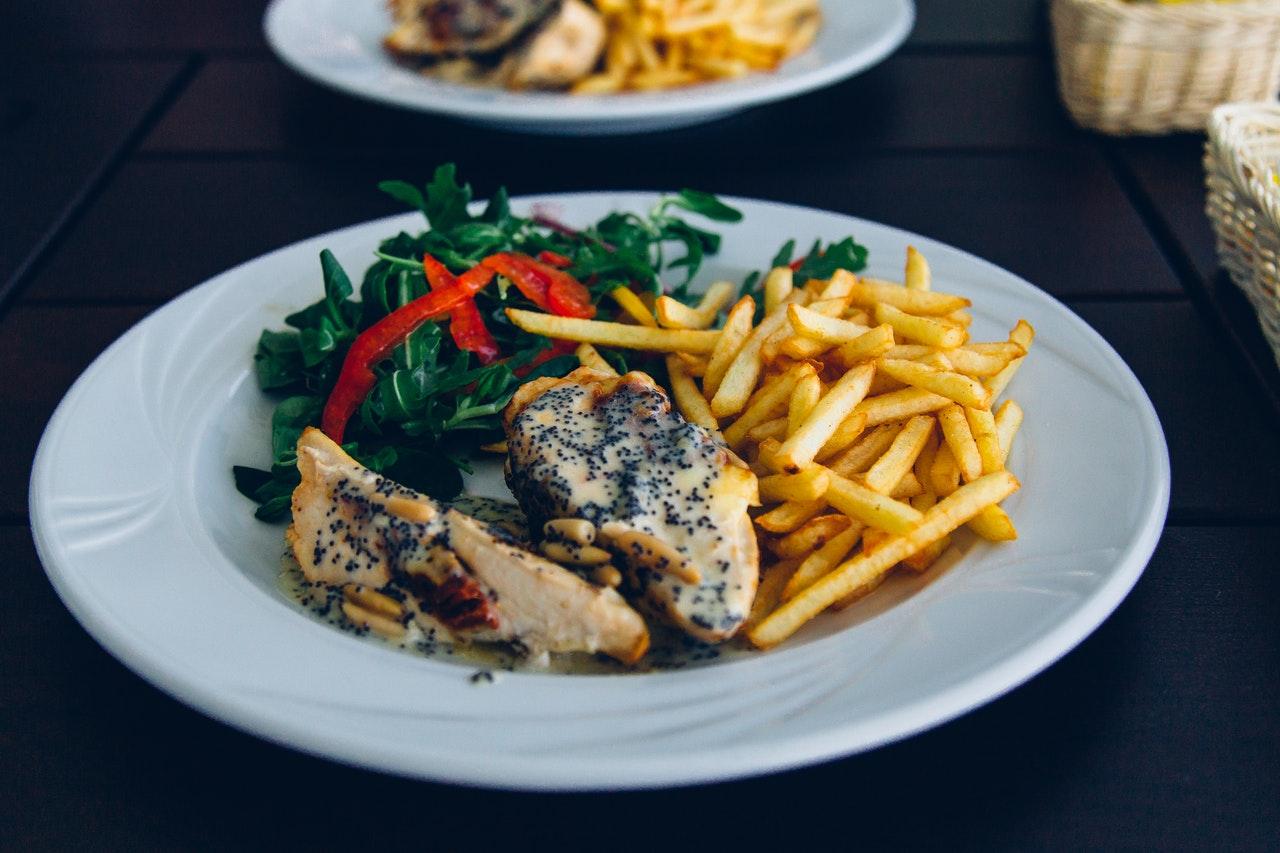
Vegan Startup Hampton Creek Joins Lab-Grown Meat Movement
Lab grown meat continues to make strides with Vegan Startup Hampton joining the fray.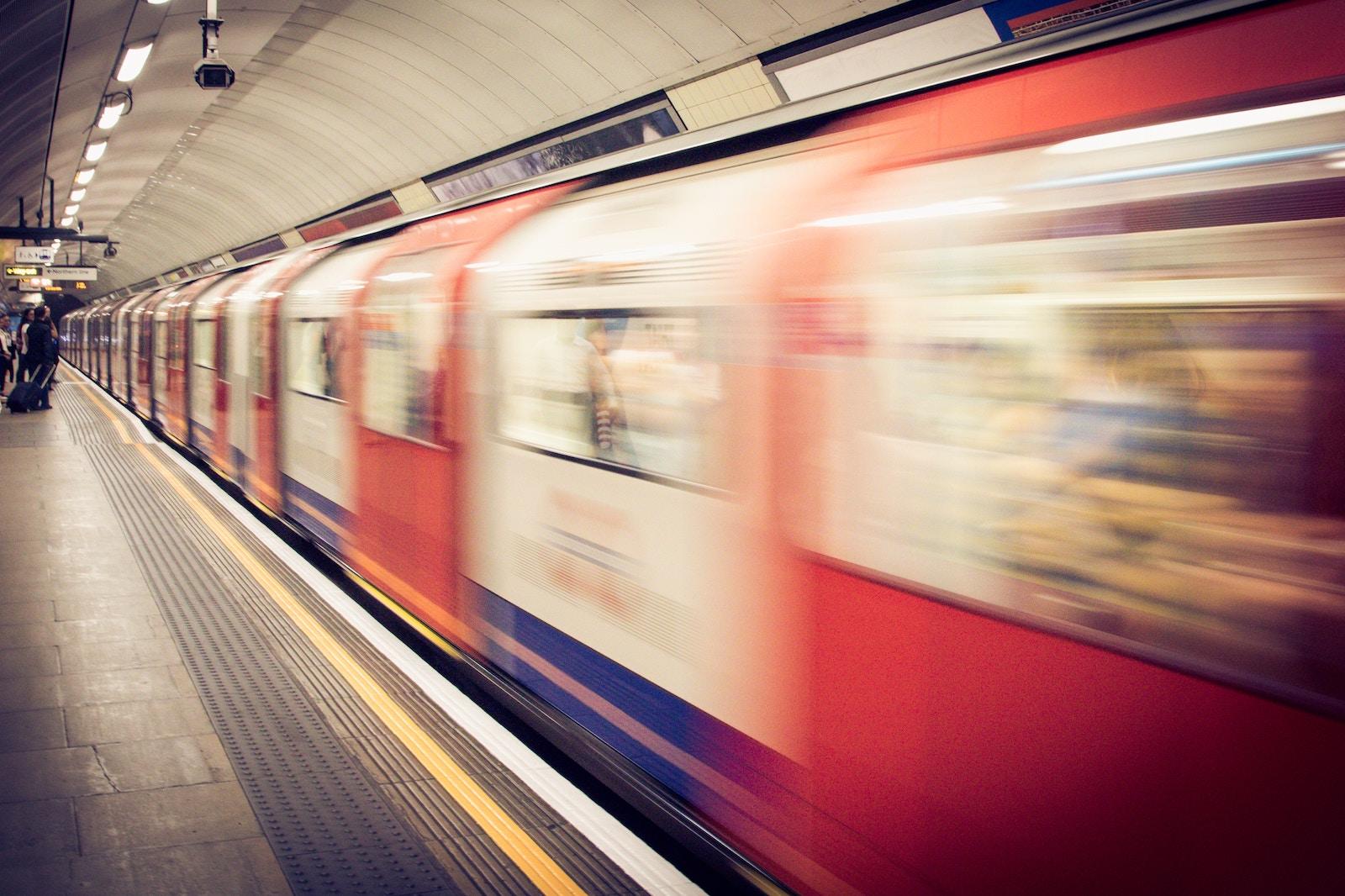
By Switching From Plane To Rail, London-Scotland Travel Market Grows While Emissions Drop
Since switching from plane to train service between Central Scotland and London, the London-Scotland travel market has saved approximately 681,064 tons of carbon emissions, according to a new report by Transform Scotland.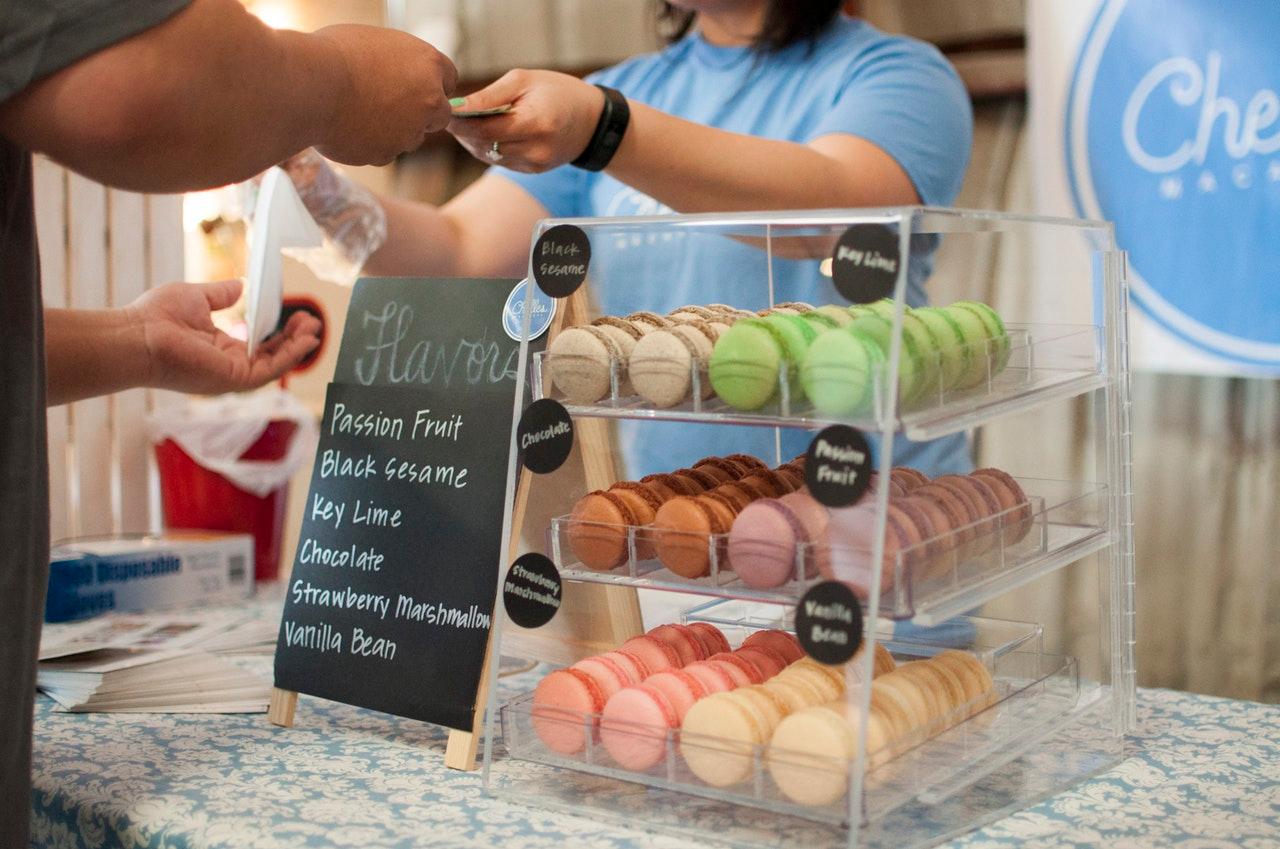
Thanks To Consumer Demand, Companies Are Greener Than Ever
Corporations are feeling the pressure to go green, and it turns out consumer demand is driving more companies to adopt sustainable practices.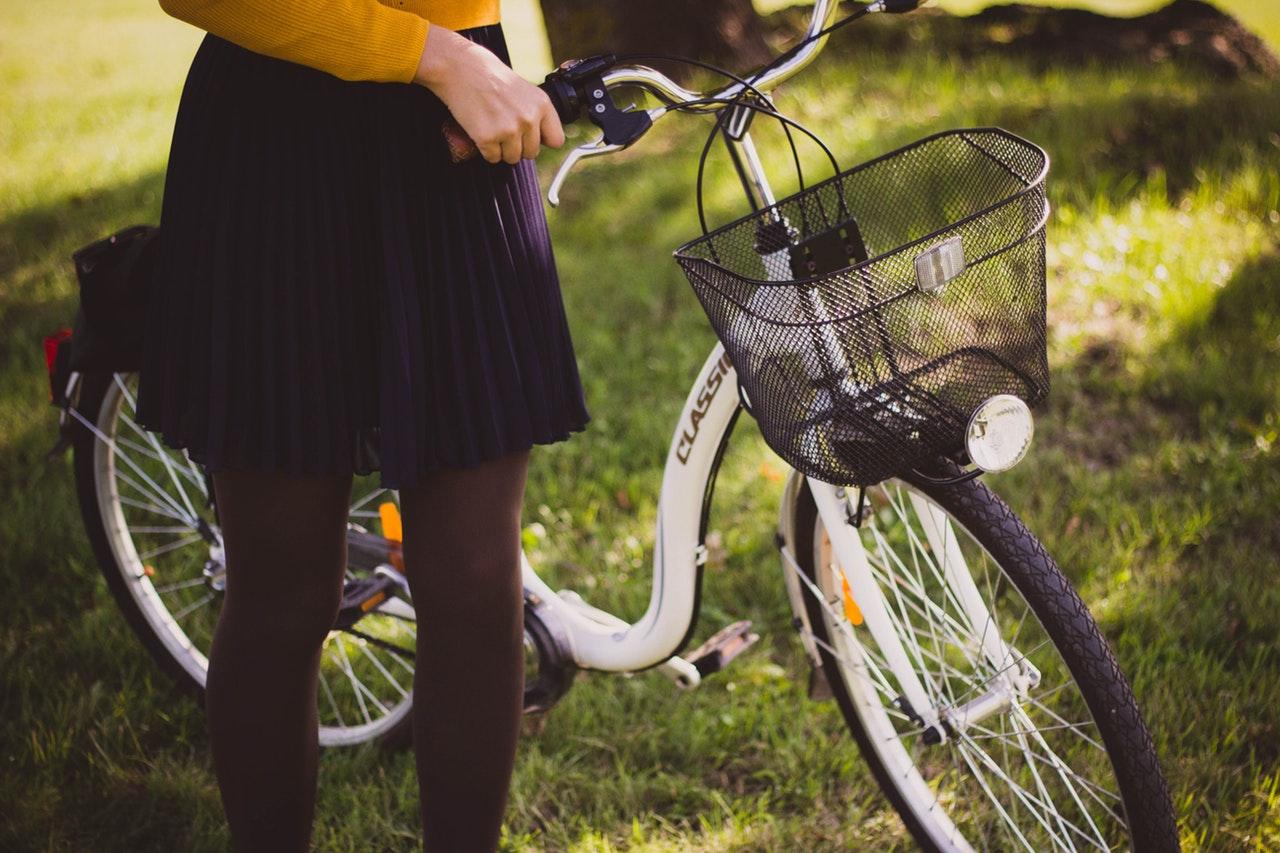
New Electric Bike Offers Customization At Affordable Prices
The Elbike promises to be the world's first customizable e-bike on the market while also being the coolest and most affordable with 200 colors to choose from and a range of 50 miles per charge.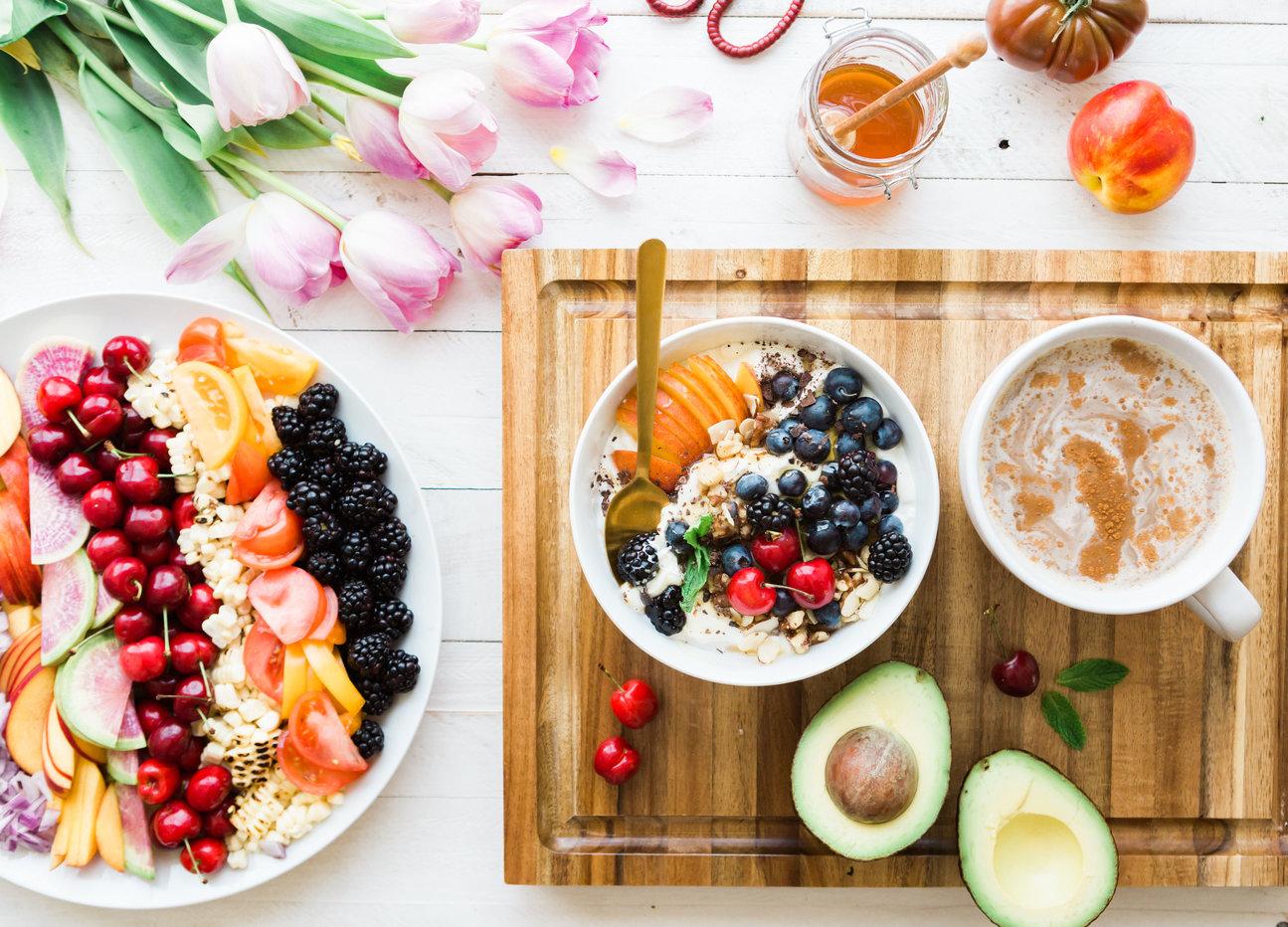
Martha Stewart's 10 Best Foods For A Healthier You
It's easy to be a healthier person with Martha Stewart's tips on foods.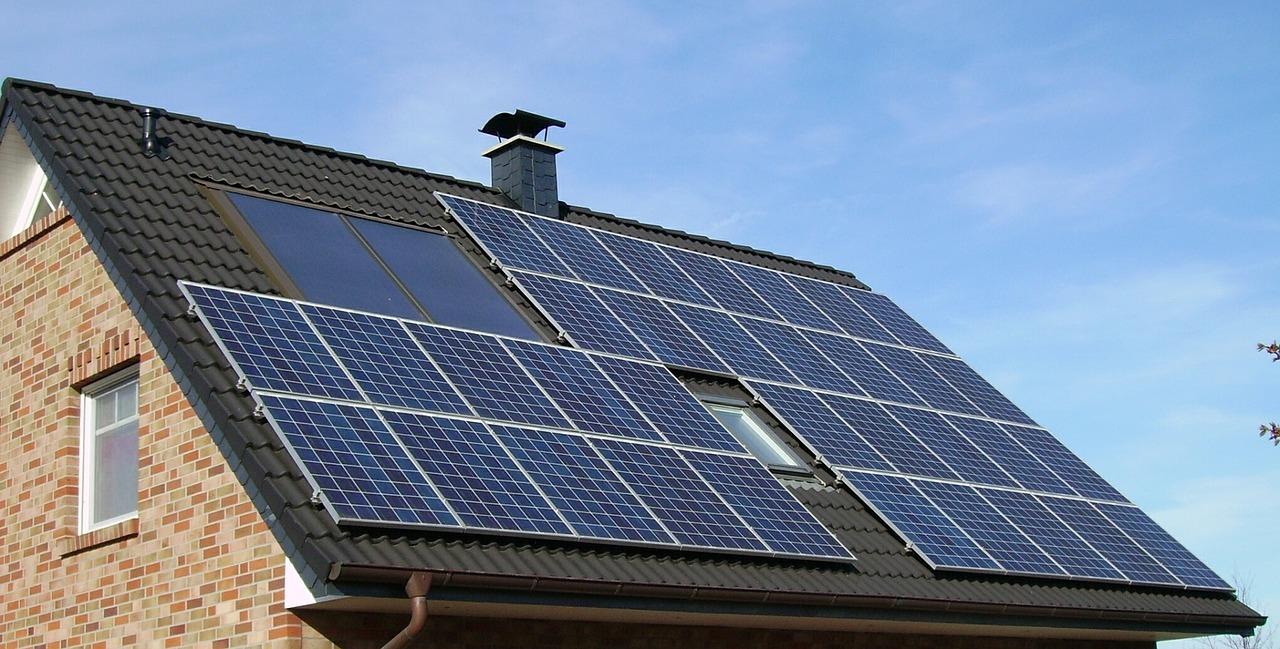
California To Invest $1 Billion In Solar For Low-Income Housing Units
California’s Multifamily Affordable Housing Solar Roofs Program has found a way to mitigate that by reinvesting money raised through the state’s gas cap-and-trade program into solar power for multi-family, low-income housing units.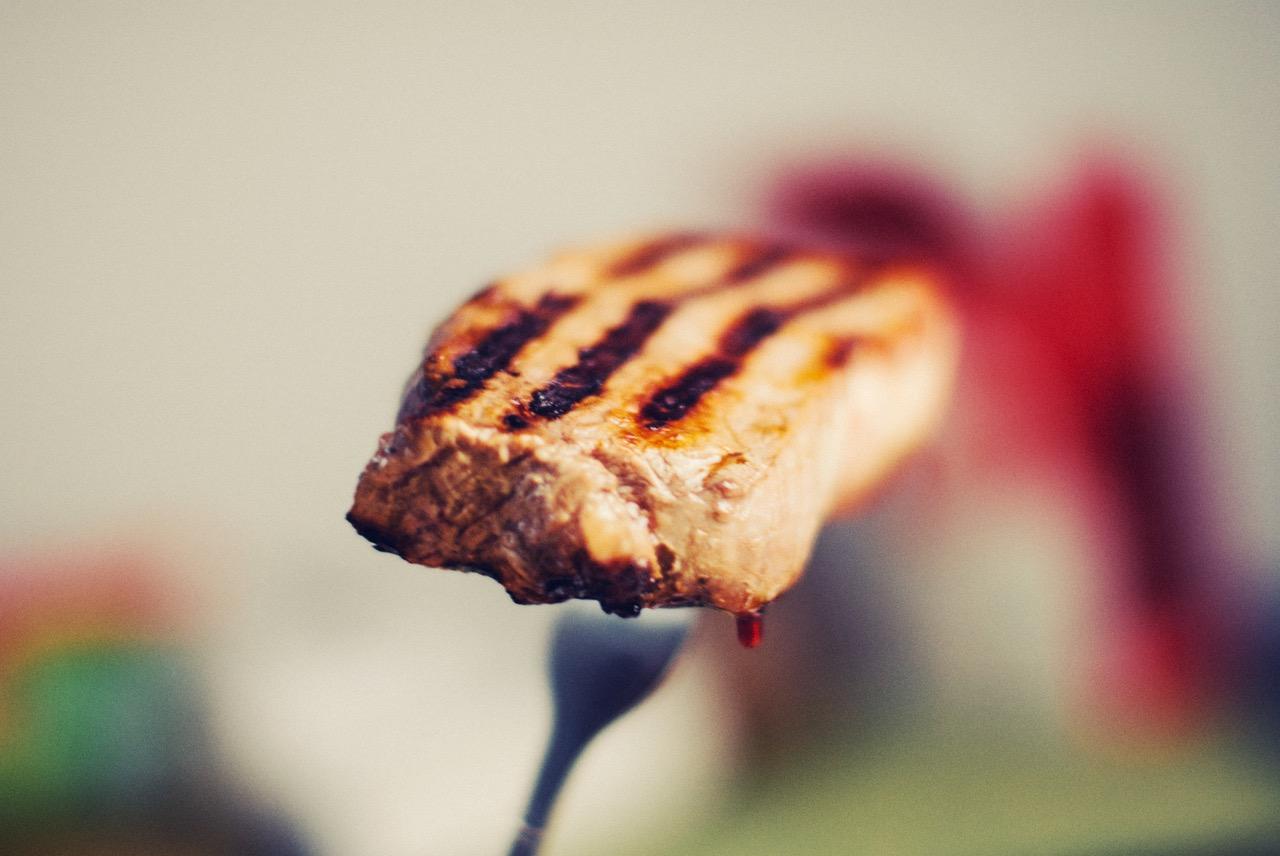
Want To Save The Planet? A New Study Says Eat More Bugs, Less Meat
Studies are showing that meat consumption is so bad for the planet and that eating bugs could be a much more sustainable alternative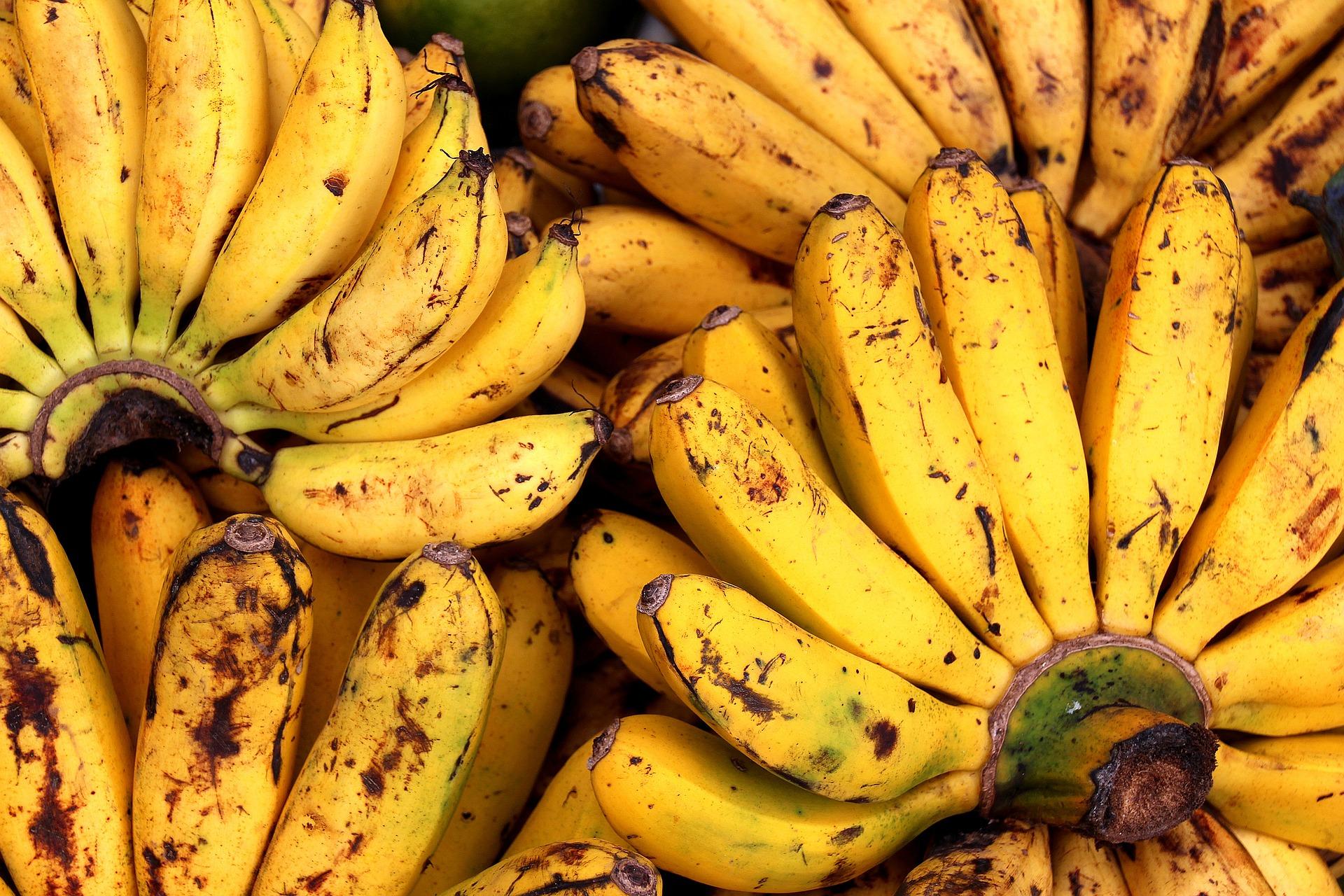
UK Consumers Throw Away 1.4 Million Bananas Every Day, New Study Finds
A new study that has just been released has found that over 1 million bananas are being thrown away every day in the United Kingdom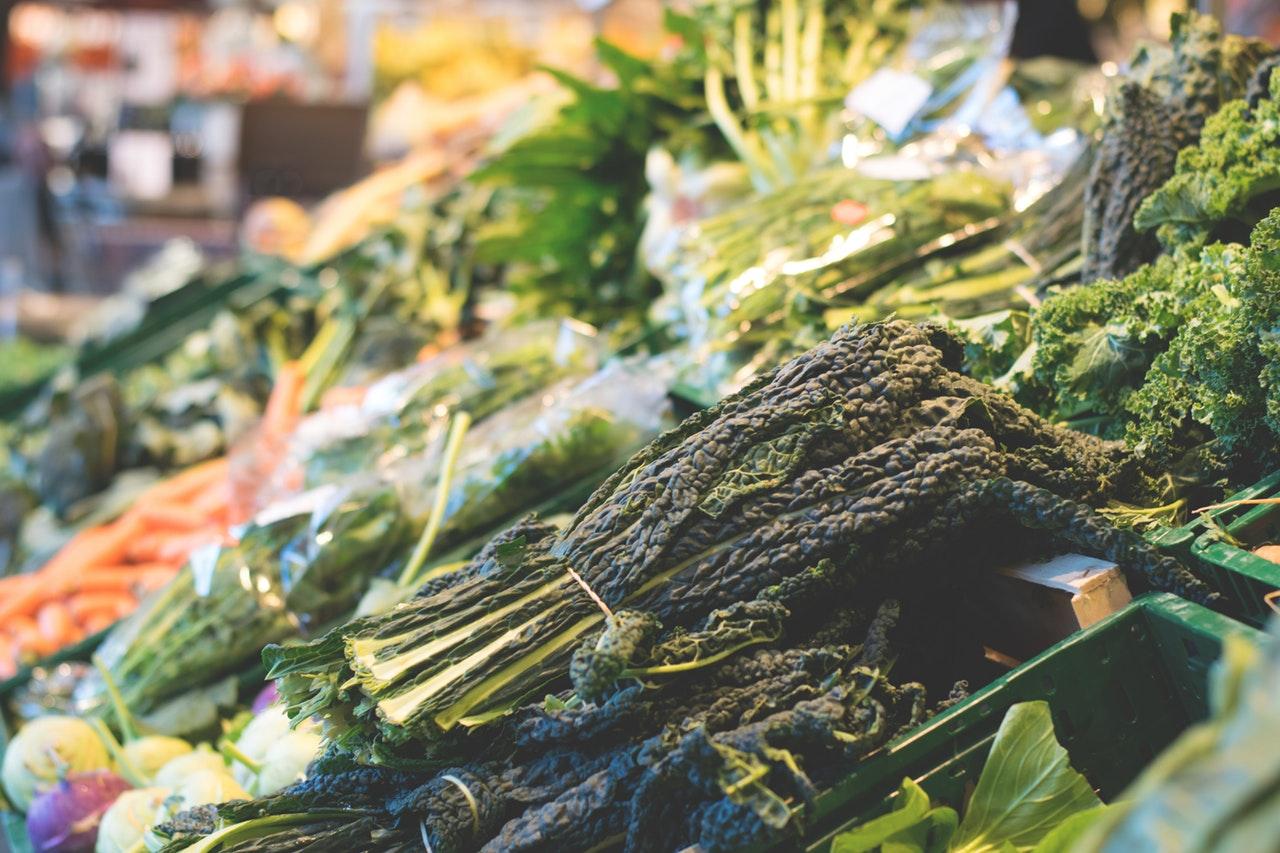
New Tech Offers Lower Prices On Food Nearing Its Expiration Date
Wasteless is a company offering real-tome tracking technology to supermarkets to automatically lower the price on goods nearing their expiration date, which would encourage less food waste.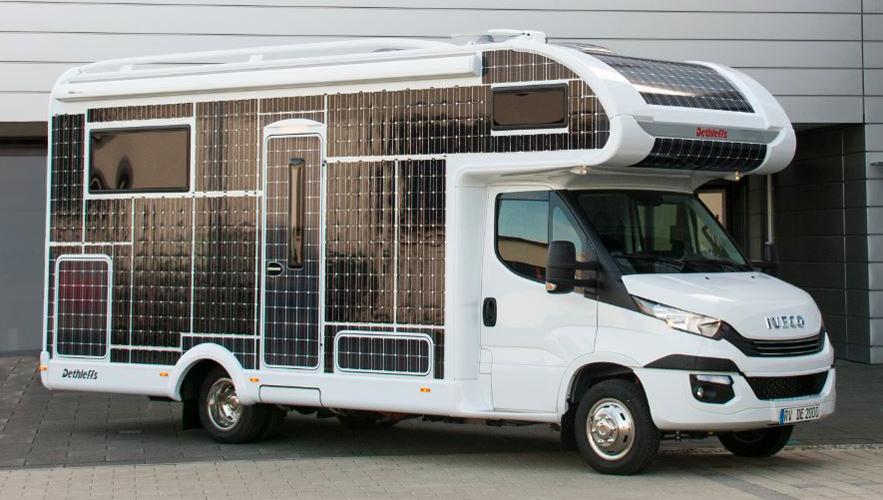
This Solar-Powered RV Runs Without Fuel Or Charging Stations
Dethleffs is a German company that makes a solar-powered, electric RV, enabling vacationers to camp without looking for a charging station.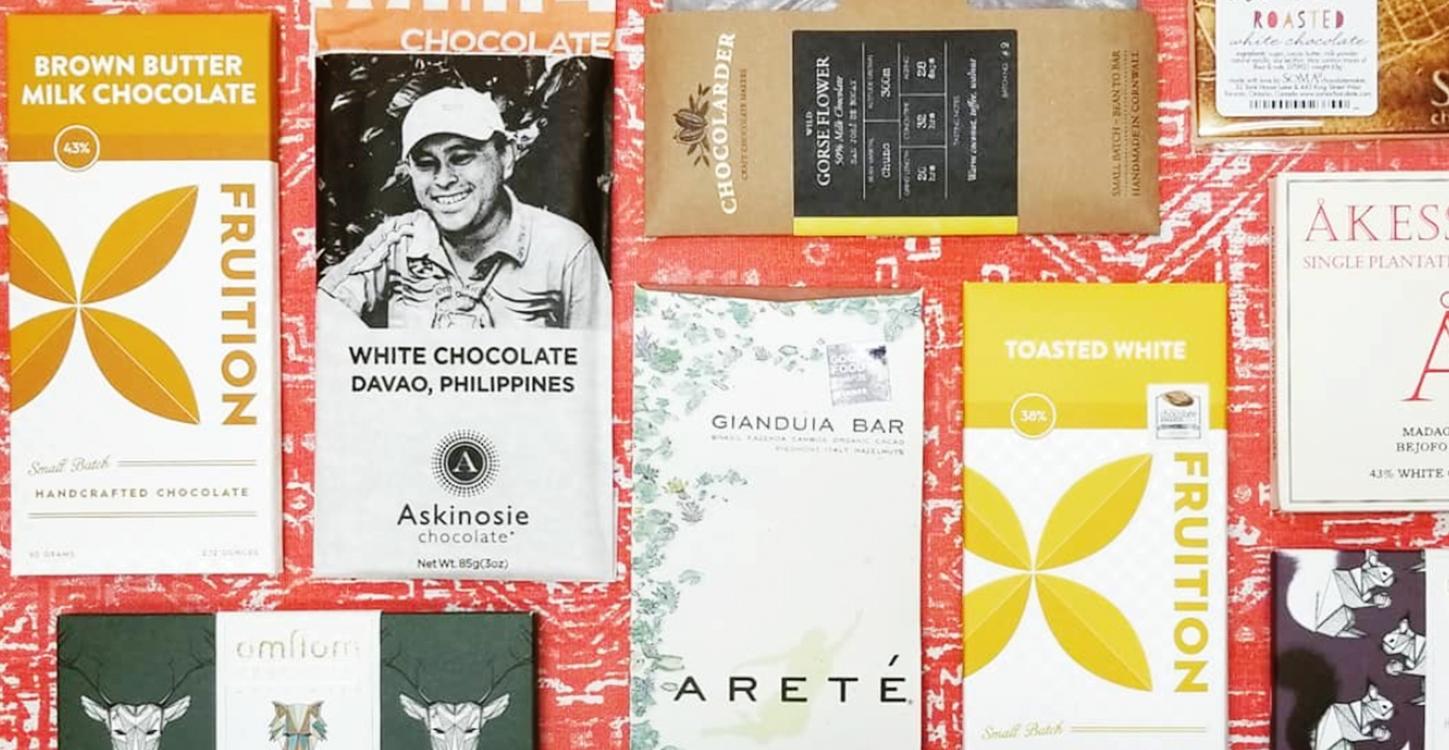
Meet Bar & Cocoa, A Curated Craft Chocolate Shop And Subscription Club
Bar & Cocoa is an online marketplace featuring the world’s best bean-to-bar chocolate.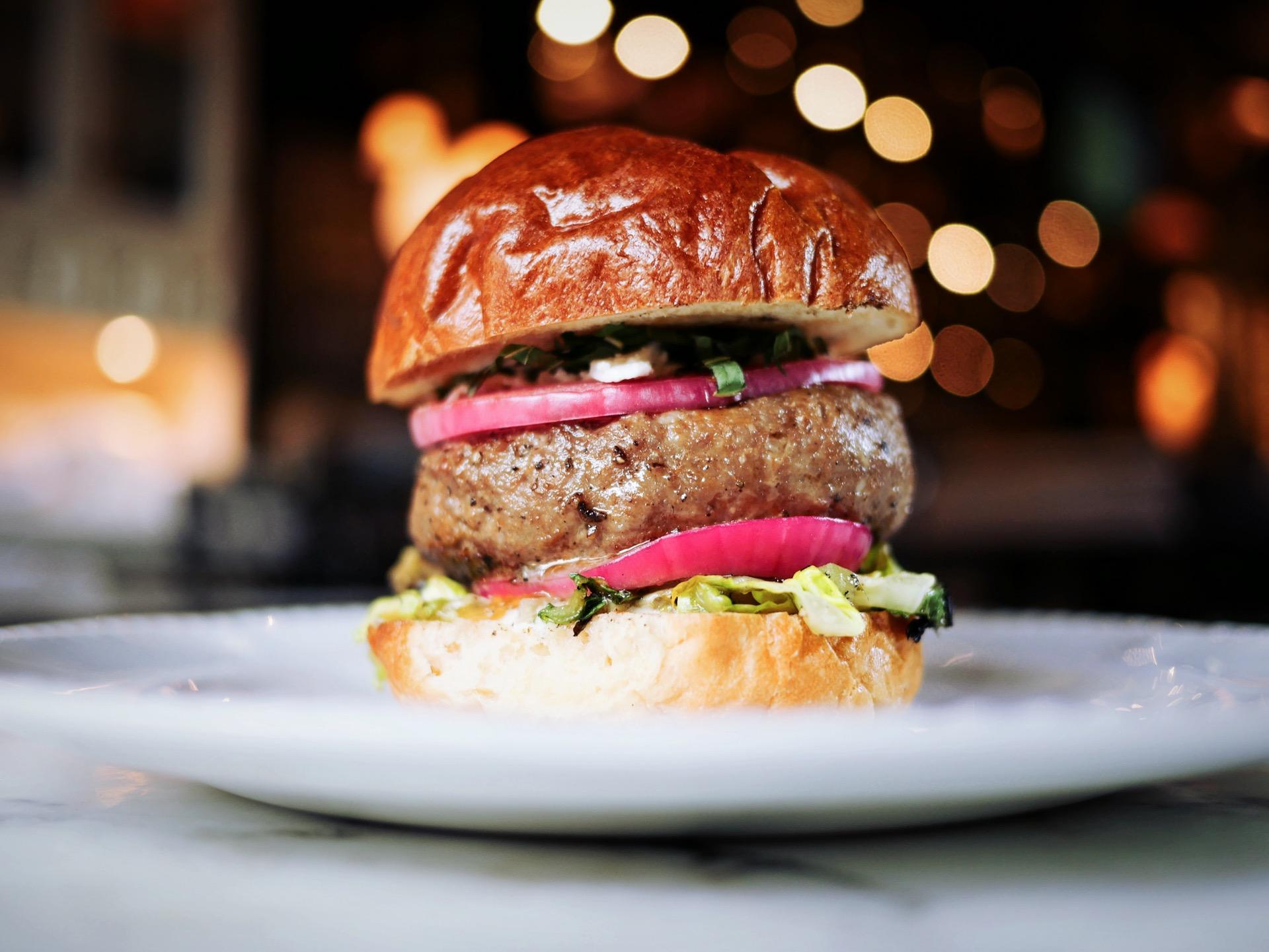
Beyond Meat's Vegan Burger Reigns Supreme In Meat Aisle At Grocery Chain
There is now a vegan burger alternative that will be coming to many supermarkets for people who want to eat less meat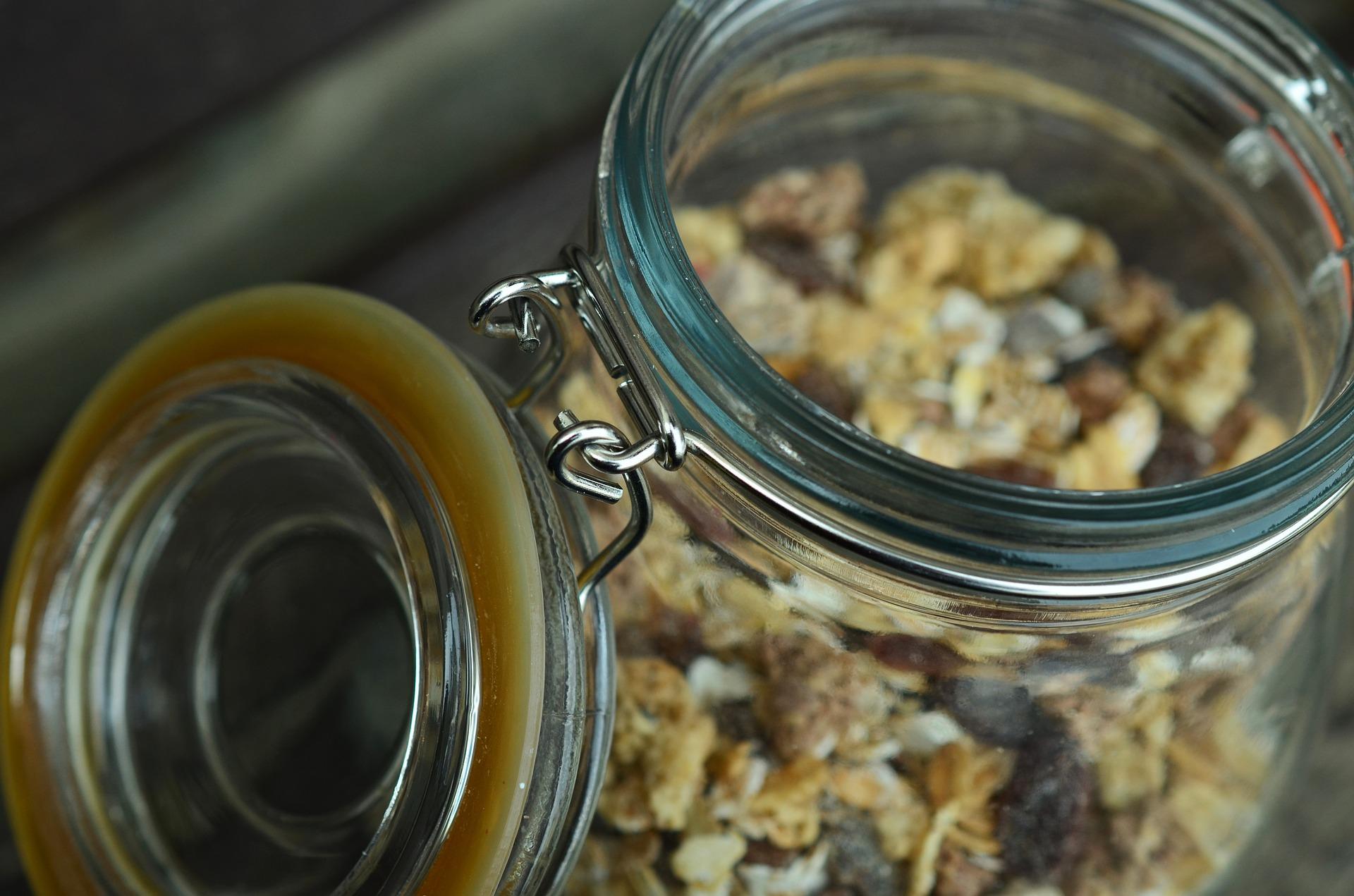
16 Replacements For The Most Common Disposable Products In Your Home
These are the items that are most commonly disposable after one use and some replacements that are much better for the planet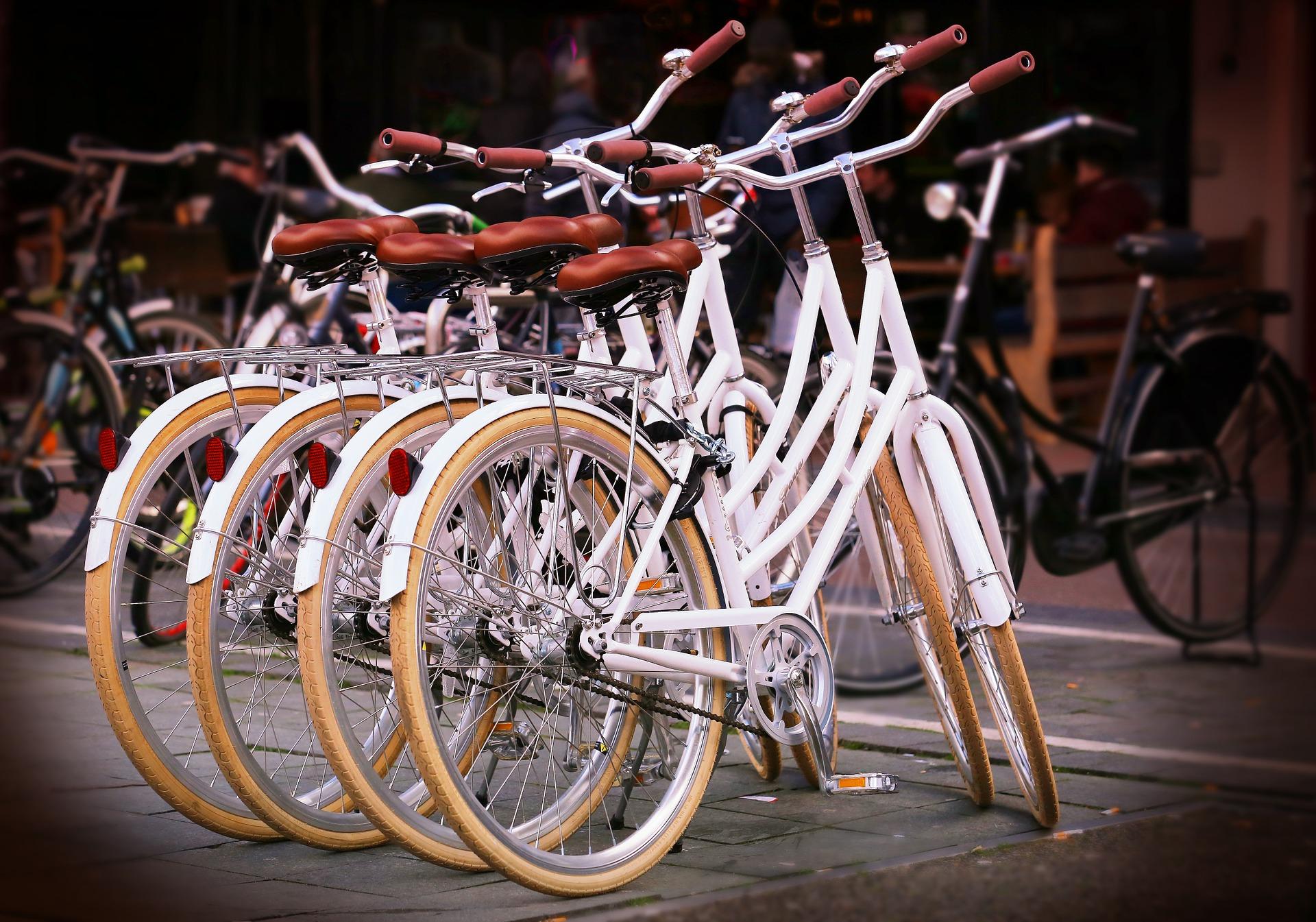
5 Easy Ways You Can Help Curb The Earth's Rising Temperatures
There are many easy ways to contribute to lowering the earth's rising temps.-1501787639777.png)
Switching From Beef To Beans Could Slice Greenhouse Gas Emissions
According to new findings, one lifestyle change could help the U.S. meet is greenhouse-gas emission goals: if everyone traded beef for beans in their diets.-1502480496336.jpeg)
Hampton Creek To Release Innovative New Vegan Egg Substitute
Silicon Valley startup Hampton Creek is developing a vegan scrambled egg substitute soon to be available on the market for vegan brunch fans.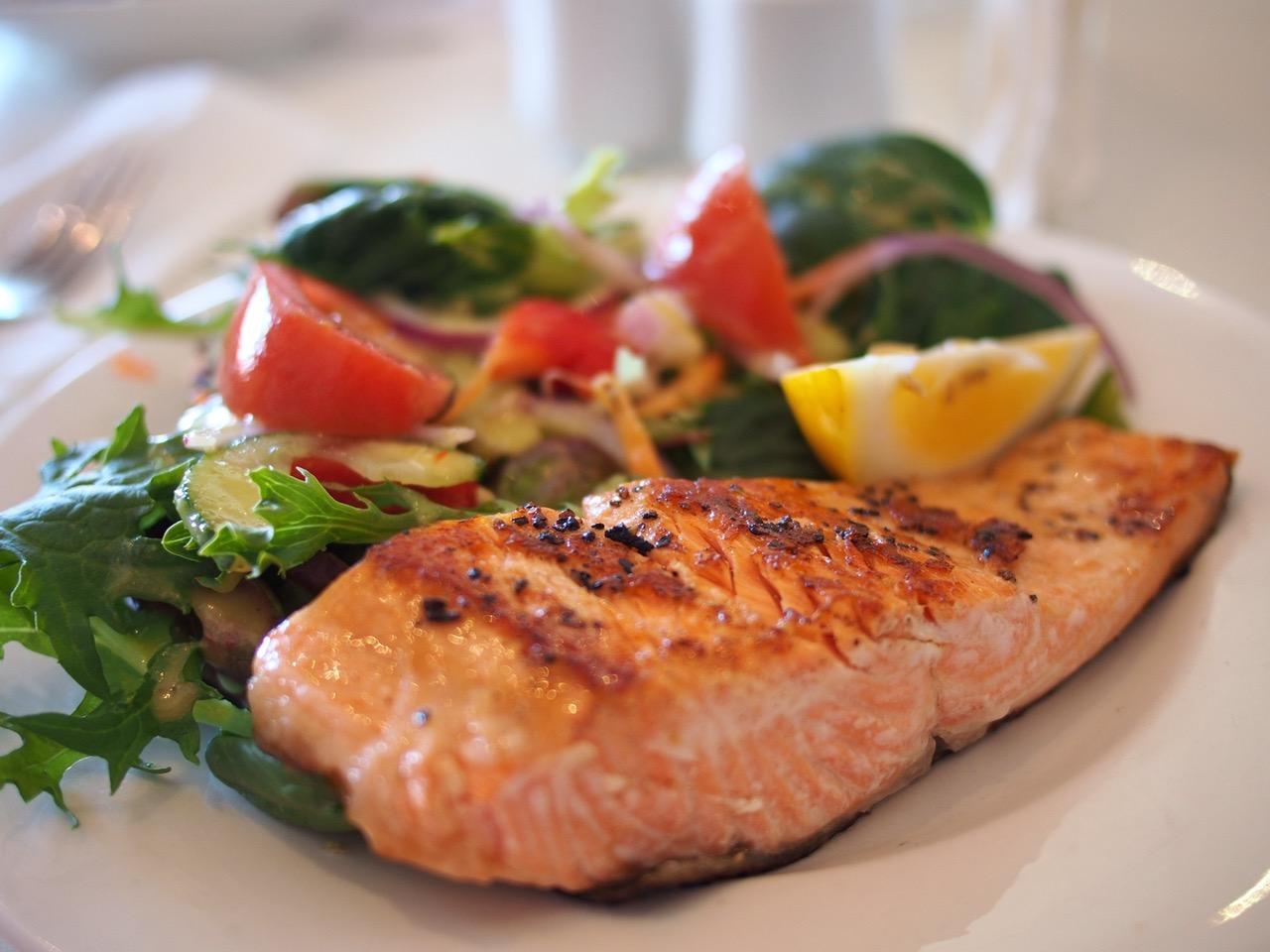
Finless Foods Pioneers Innovation To Grow Fish From Stem Cells
With new technology Finless Foods can actually grow fish from their stem cells in an attempt to slow down overfishing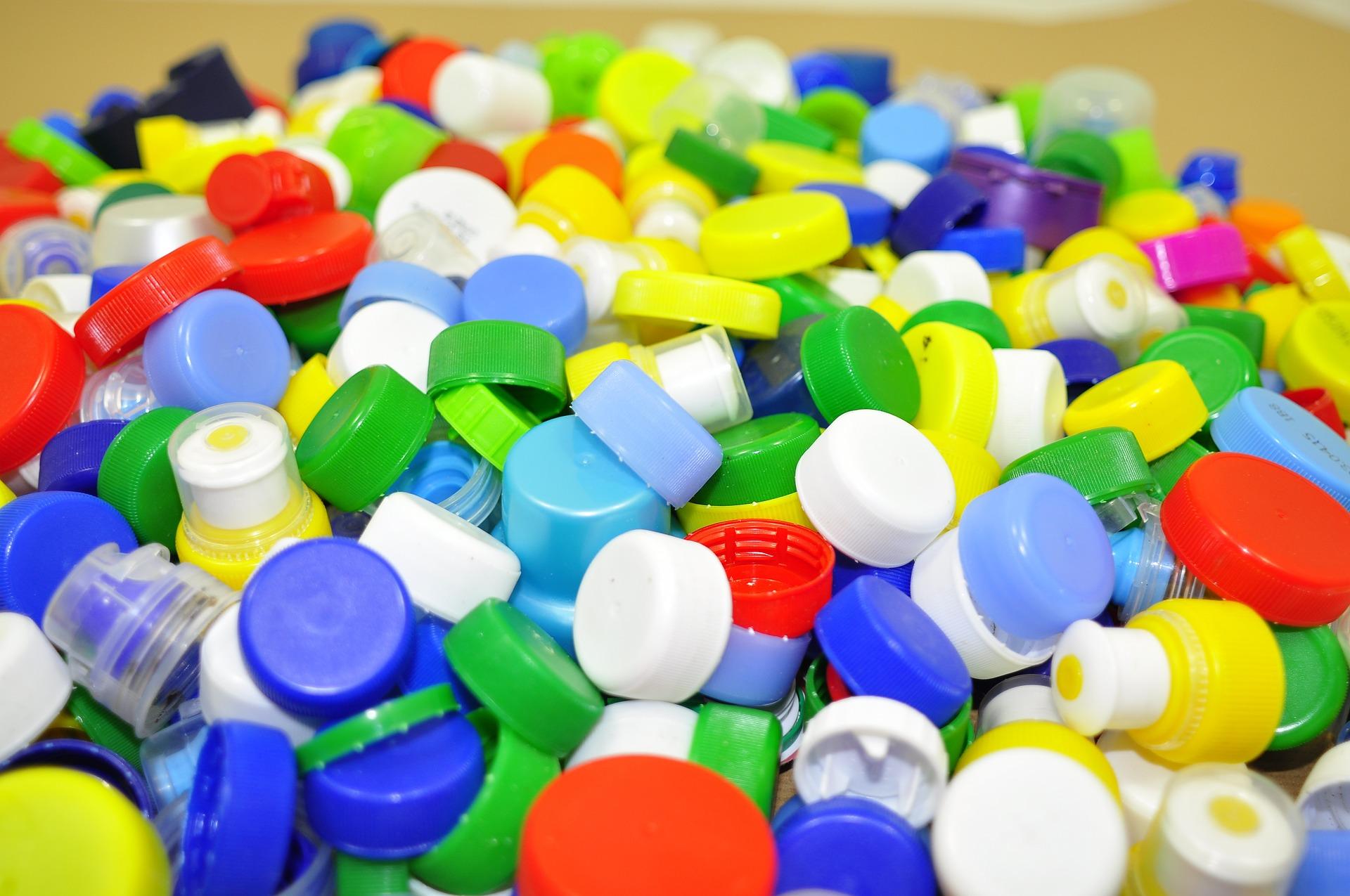
The Four Steps Anyone Can Take To Keep Recyclables Away From Landfills
There are a lot of easy steps that can be taken by people to have recyclable materials not end up in a landfill and cause harm
This Simple Solution To Saving Trees Might Conserve Entire Ecosystems
Researchers found Ugandan ecosystems and forests could be saved simply by paying landowners small fees to do nothing—no chopping, no clearing, and no selling off rights to farmers, loggers, hunters or other industries.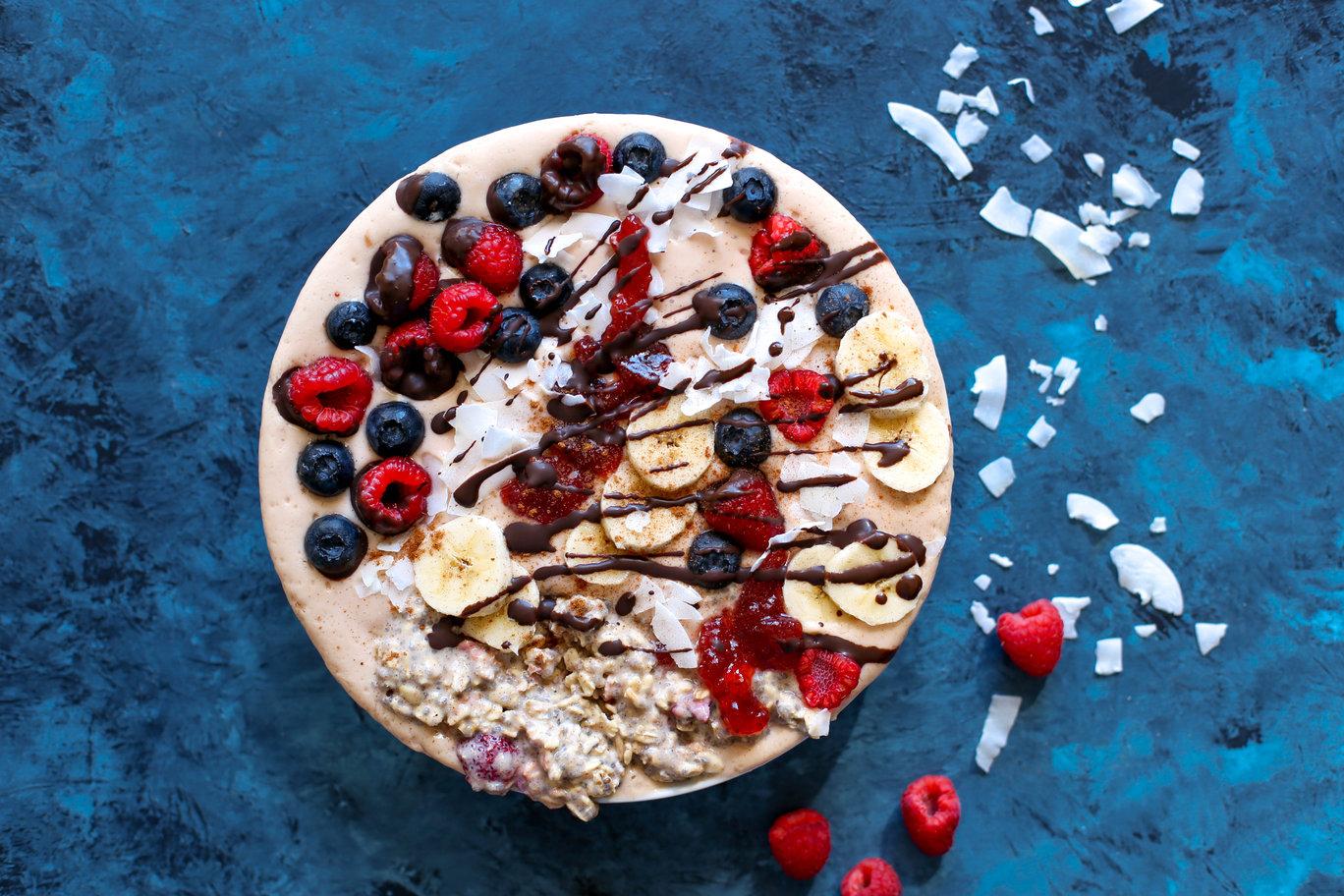
6 Superfoods You Should Know About That Actually Work
Superfoods are all the craze these days and while some have major health benefits, there are others that do not. Find out which ones are the best for you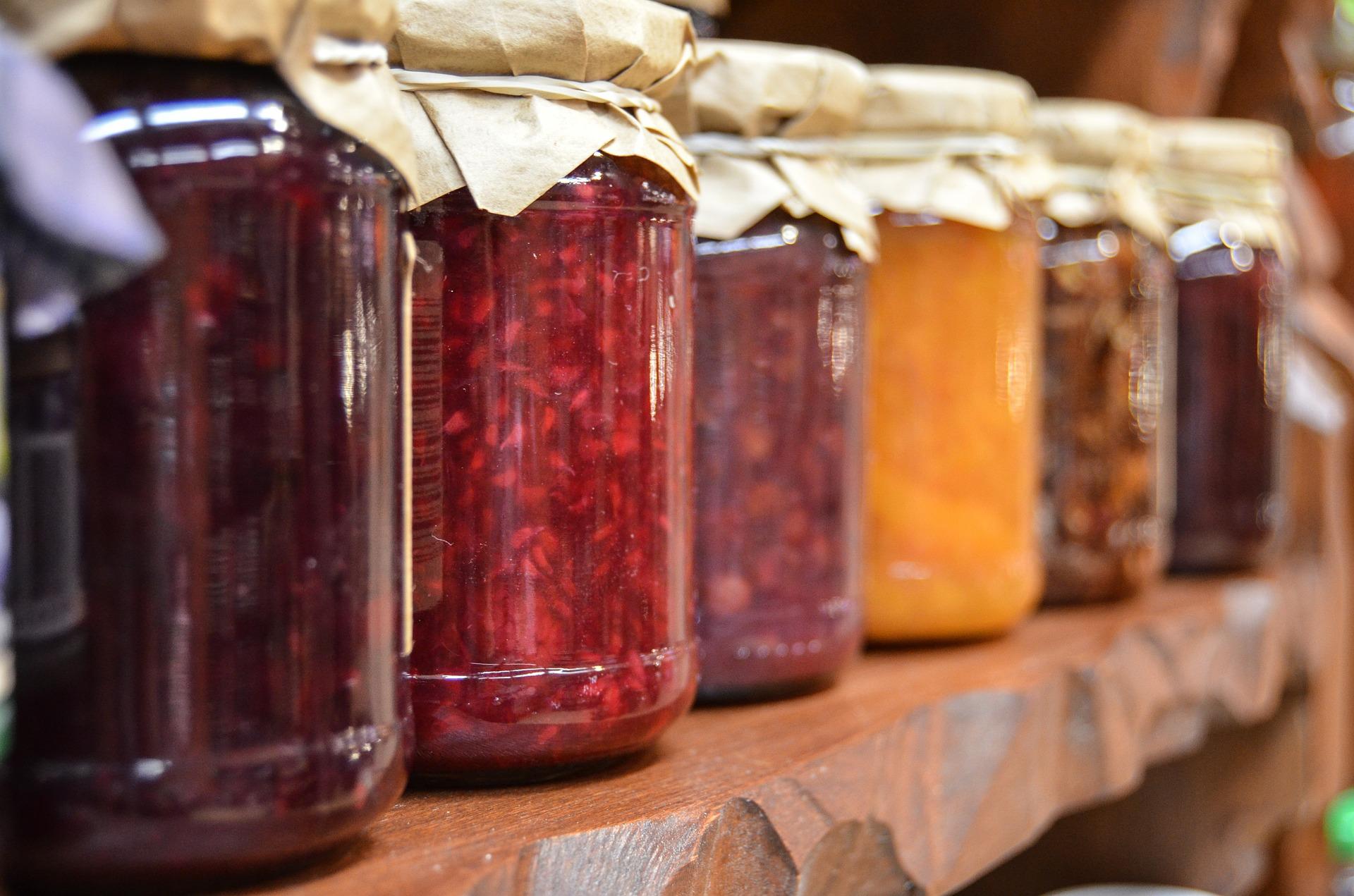
5 Easy Food Preservation Methods That Can Save You Hundreds
If you are looking to save money by wasting less food, then these easy food preservation methods will come in handy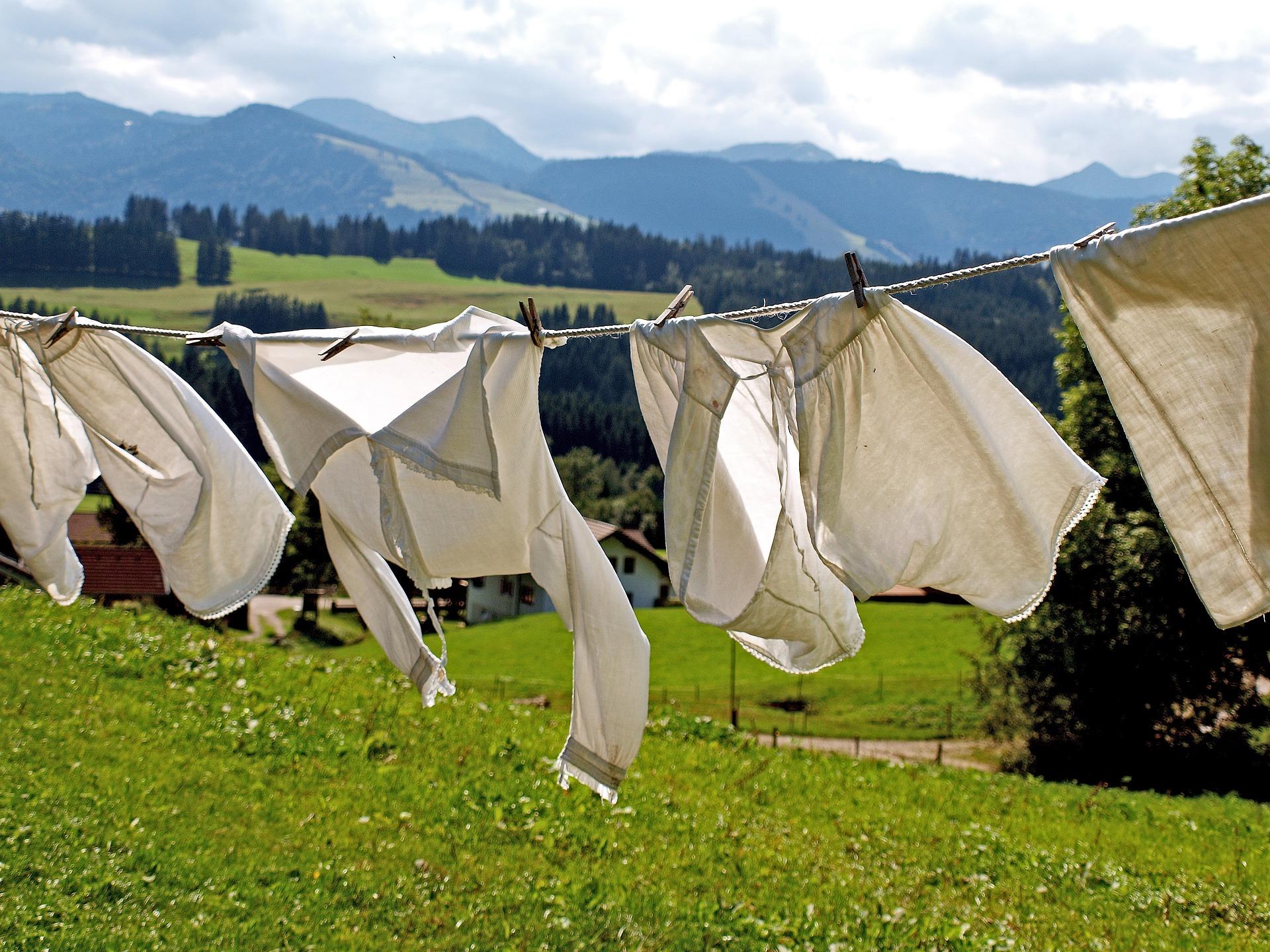
11 Of The Safest Laundry Detergents On The Market
Know whats in your laundry detergent. Here are the safest options available today.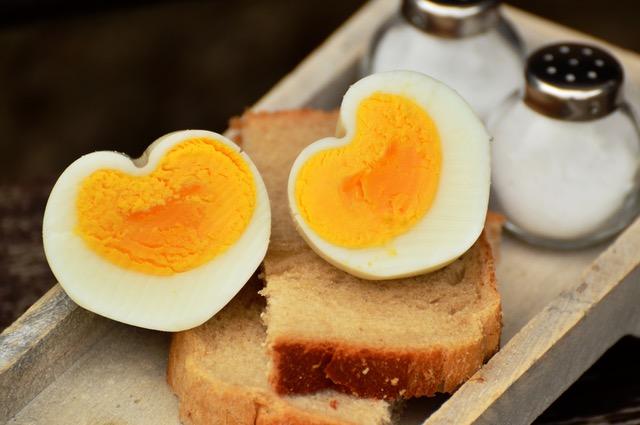
The Vegan Egg Replacements Every Cook Needs To Know
As vegan cooking continues to rise, chefs now have an amazing alternative to eggs with the new products from Hampton Creek
Architecture Firm Creates 4-Story-Tall Whale From Ocean Plastic
This architecture firm raised awareness about ocean plastic by constructing a 4-story-tall wall made of it.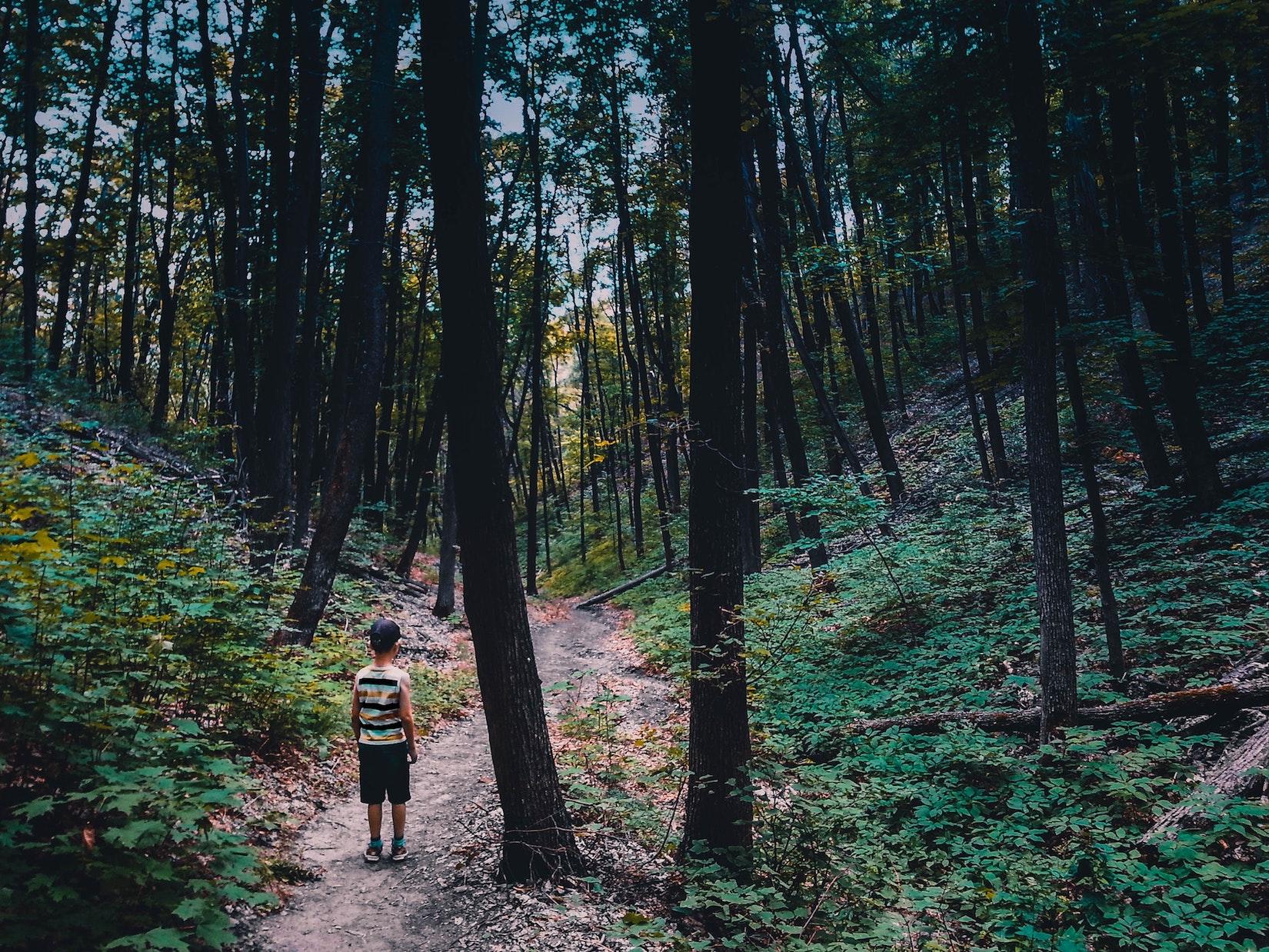
Nature Preschools Offer Kids An Education Classrooms Can't
Nature Preschools are an alternative that give kids a well-rounded education — outside the classroom.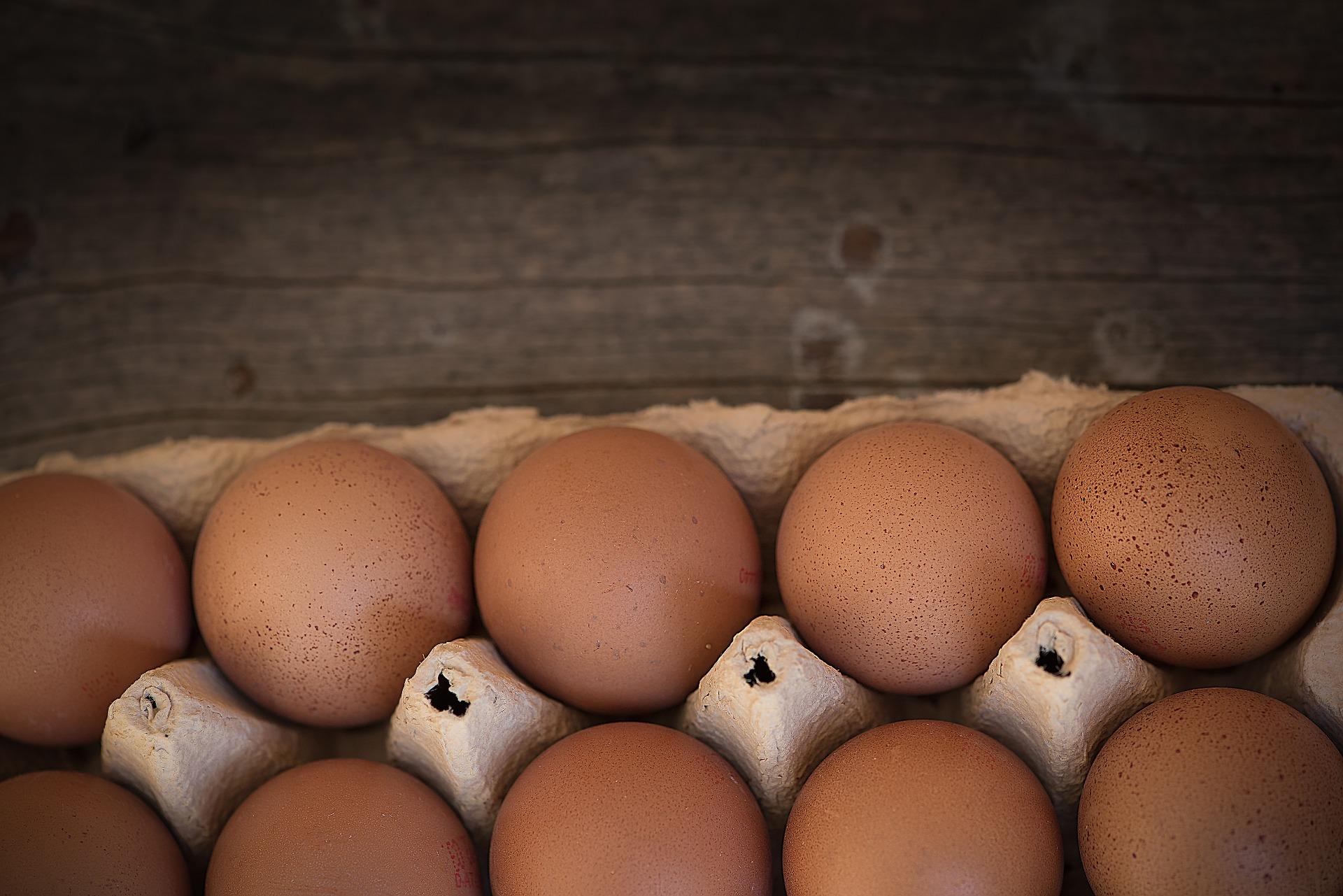
Here’s The Nutritional Difference Between Store-Bought And Backyard Chicken Eggs
Chicken eggs are one food where the nutritional difference between organic and non-organic could be huge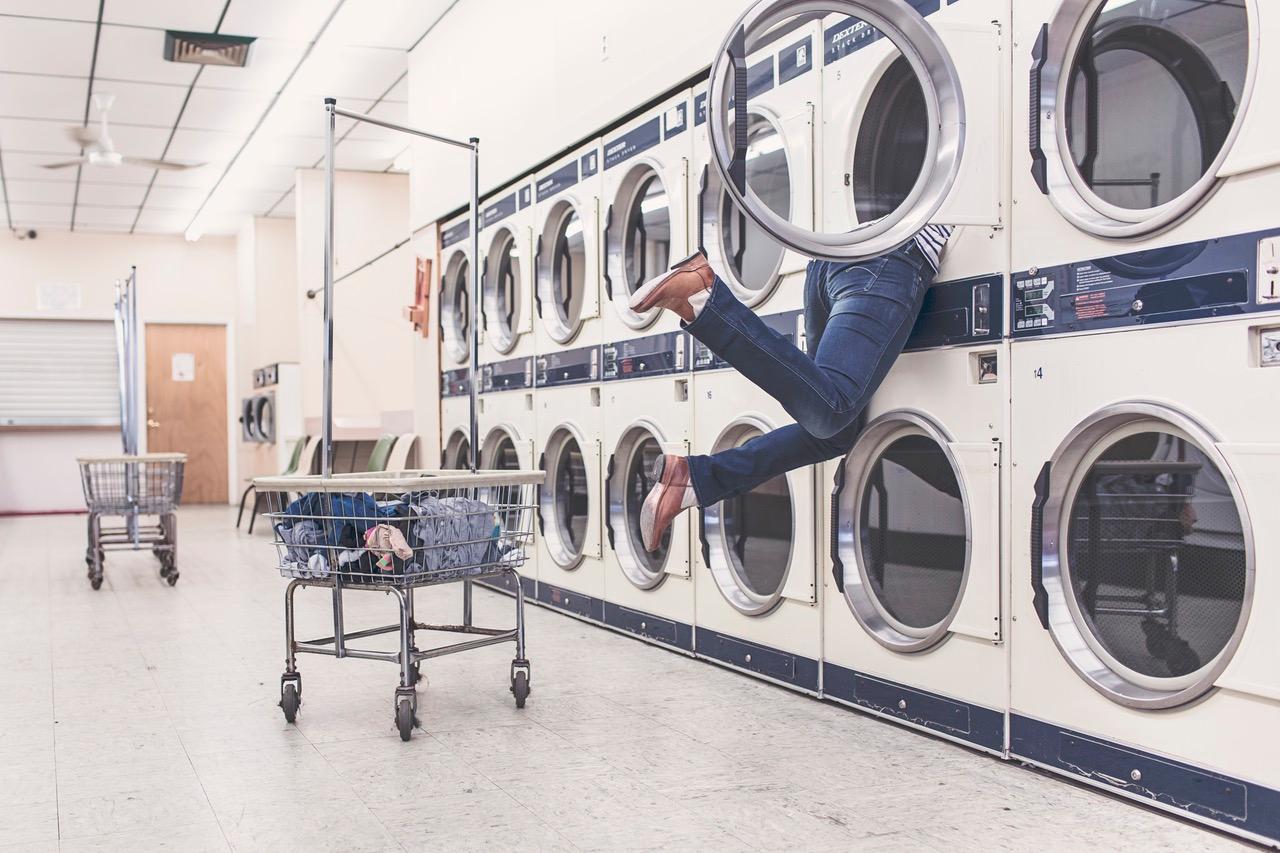
How To Make Your Own Cleaning Products With Just 10 Ingredients
Making your own cleaning products with these ten ingredients can save money and also reduce waste and chemicals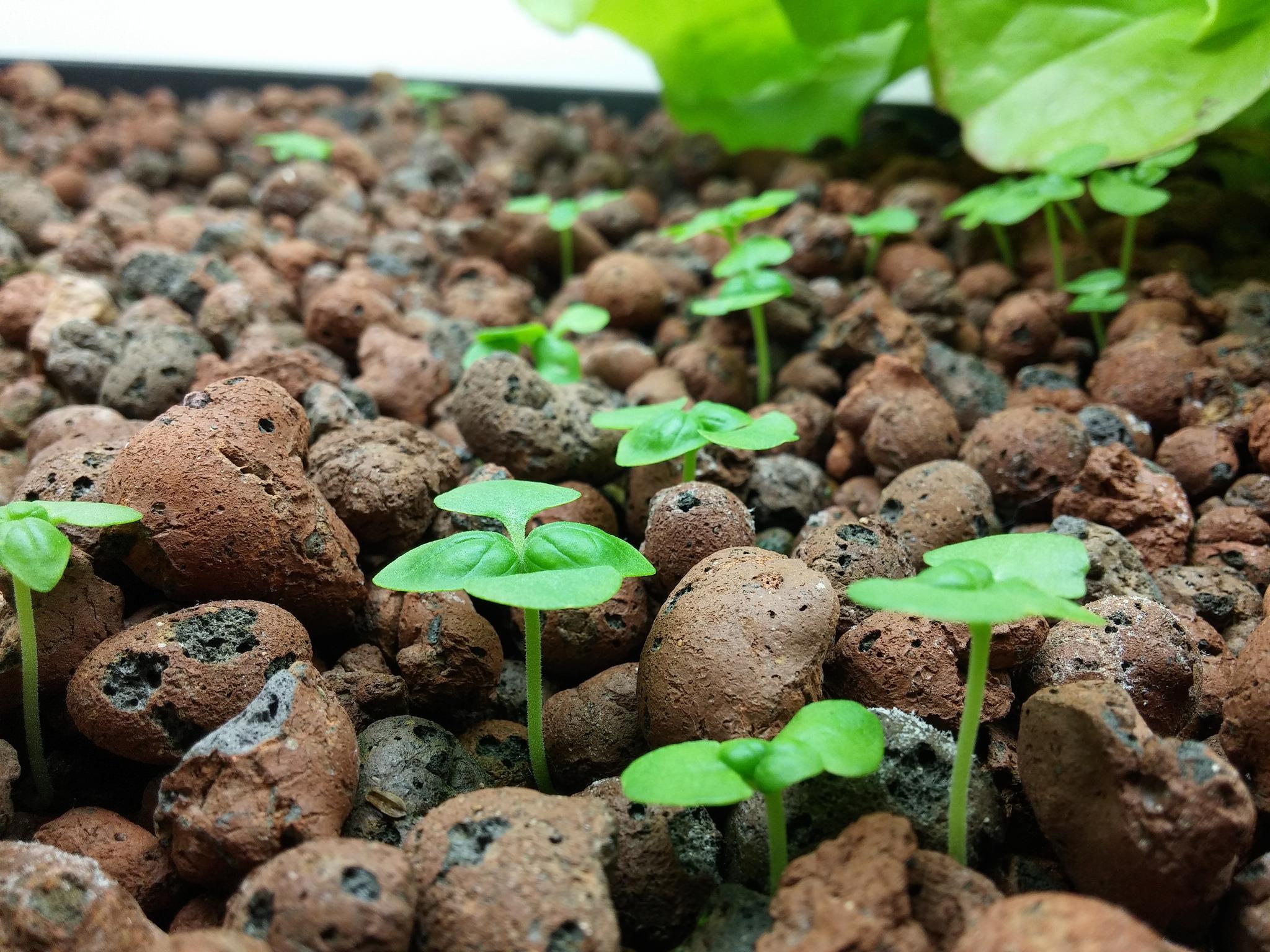
How To Grow Your Own Food With An Aquaponics System To Fit Any Home And Budget
Aquaponics is a new trend to fertilize plants with fish waste and a system can be installed at any size home or budget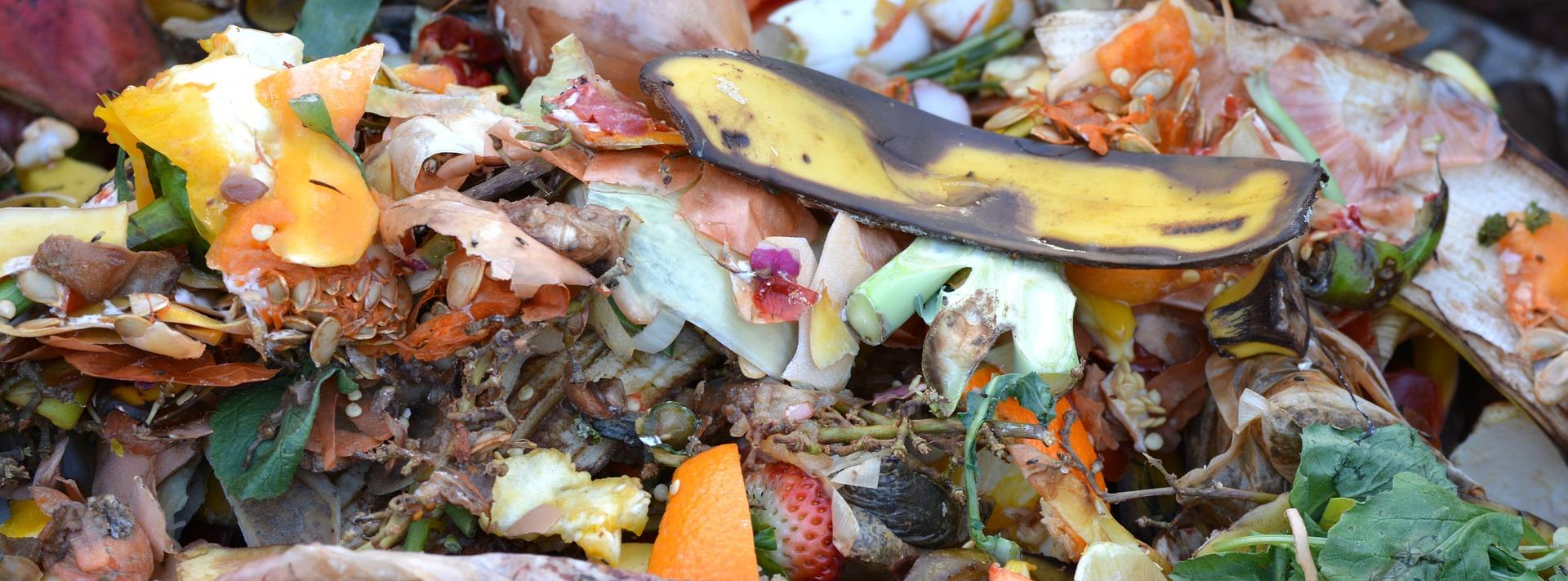
Curious About Composting? Here's How To Make It Work For Any Lifestyle
These are the best ways to incorporate composting into your life no matter what kind of lifestyle that you lead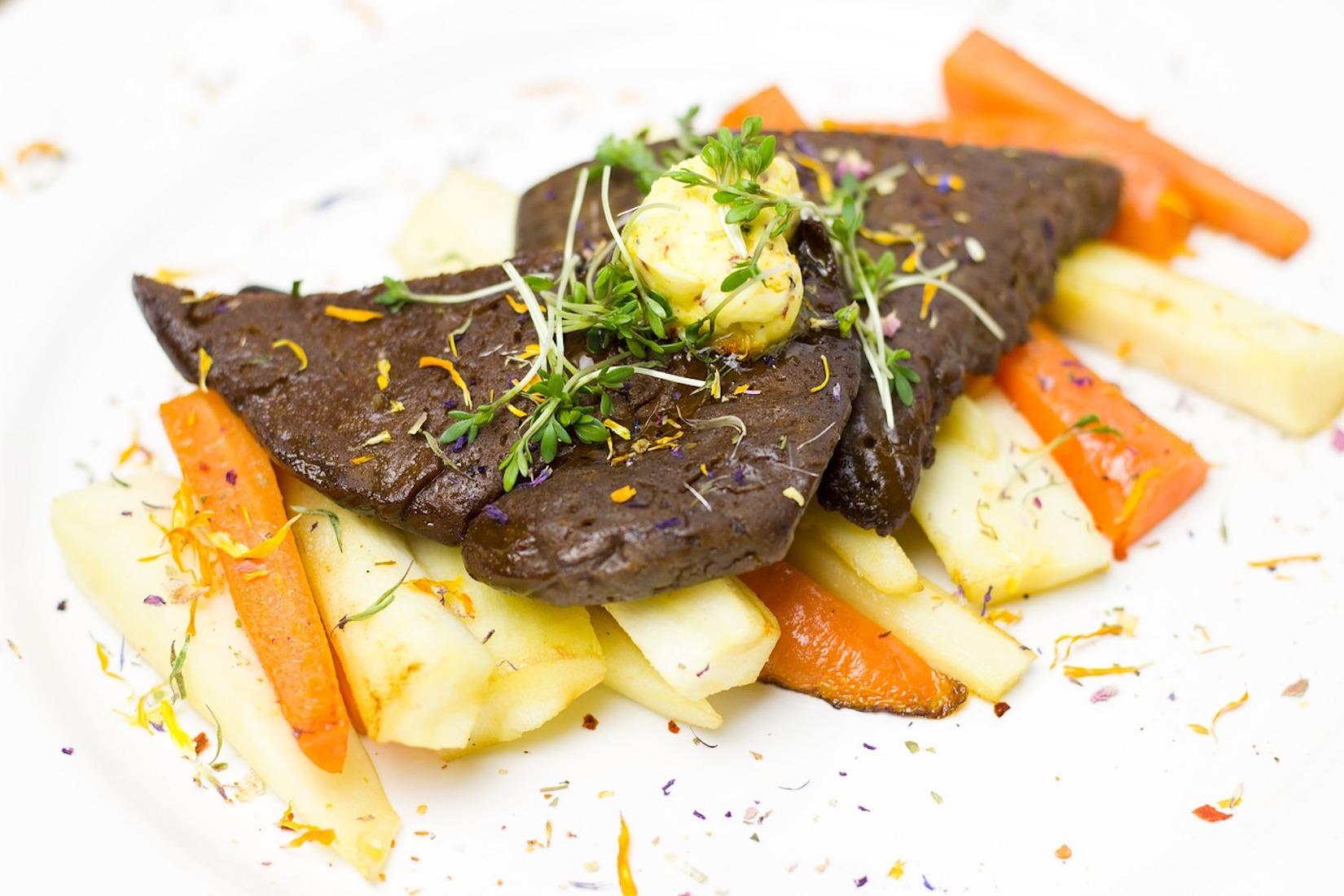
Demand For Meat Alternatives Drives Wheat Protein Industry To $2.15B
Skyrocketing demand for meat alternatives has led the wheat protein industry to now be over $2 billion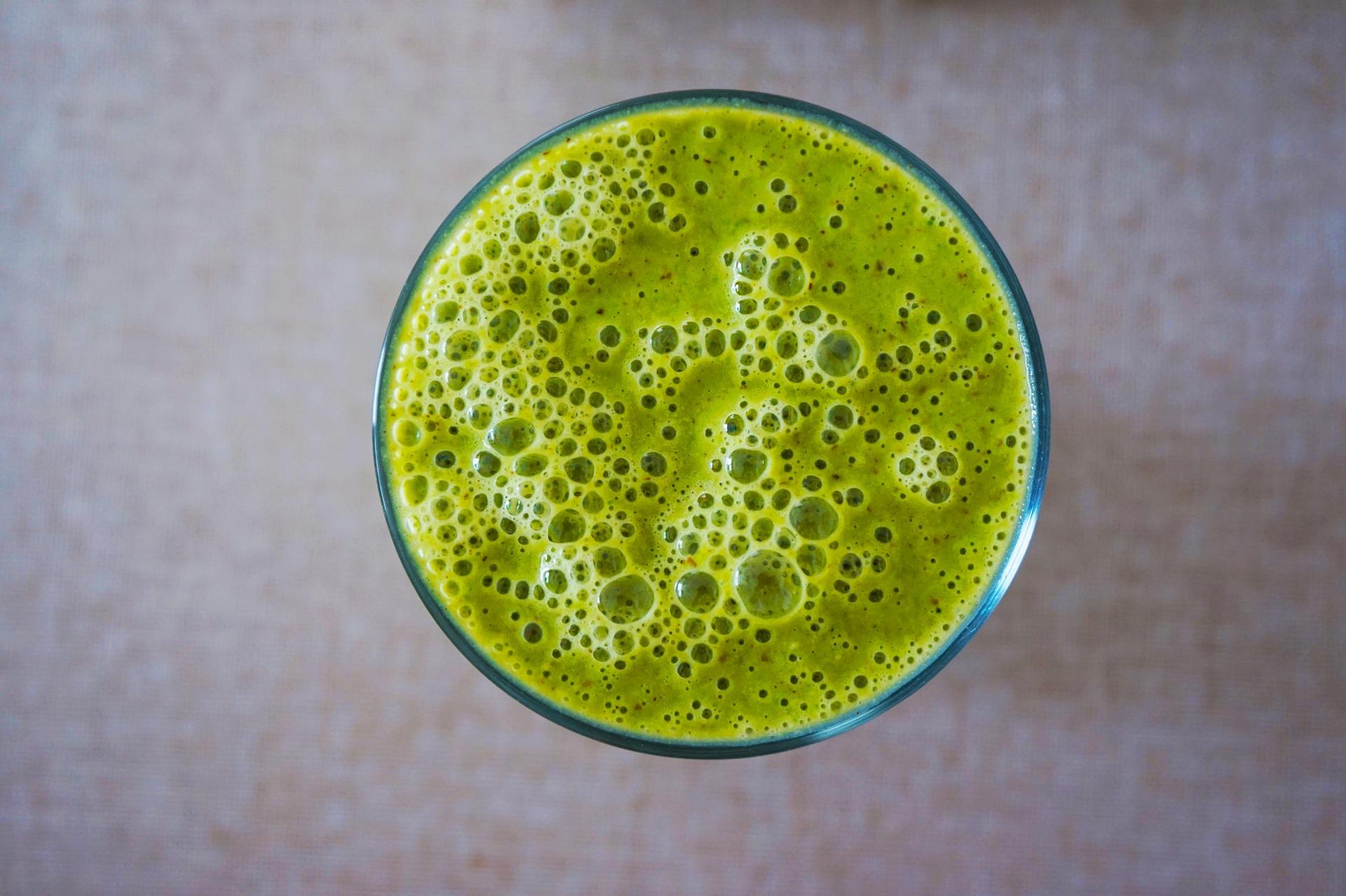
Why Juice Cleanses Are A Total Waste Of Time And Money
Juice cleanses appear to be another fad and a shortcut that people are trying to take in order to get healthy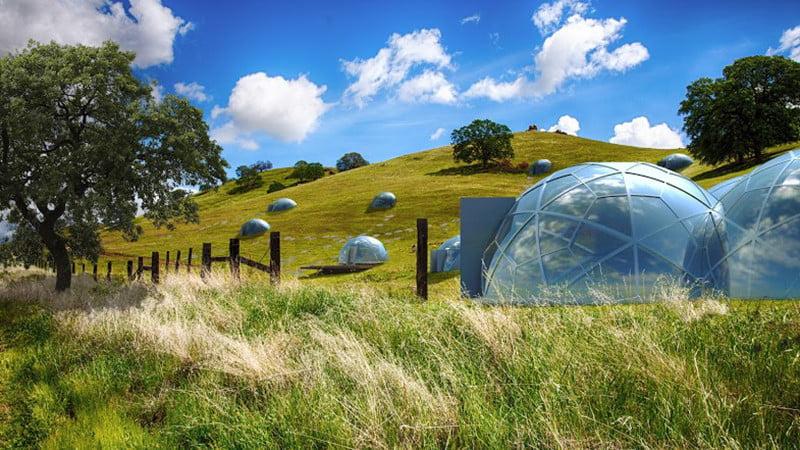
These Futuristic Mobile Homes Combine Green And Tiny Living
A Slovenian company called Smartdome has created tiny homes as mobil as trailers with stunning features that enable minimalist, sustainable living for the price of an economy car.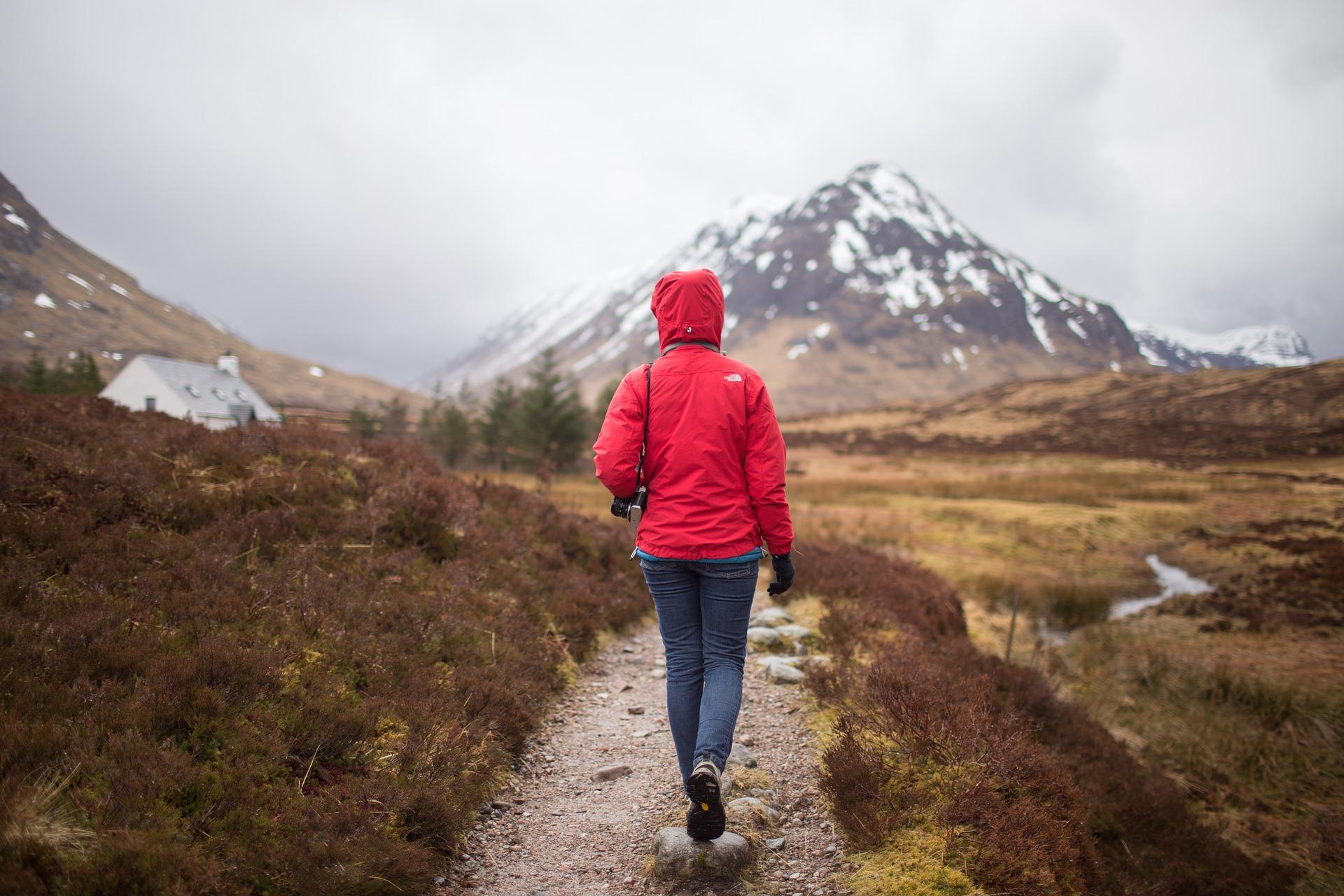
This Ultrathin Device Turns Your Movements Into Electricity
Imagine being able to charge your mobile devices through your clothing. A new ultrathin device may enable you to turn your kinetic energy into a power source for charging electronics.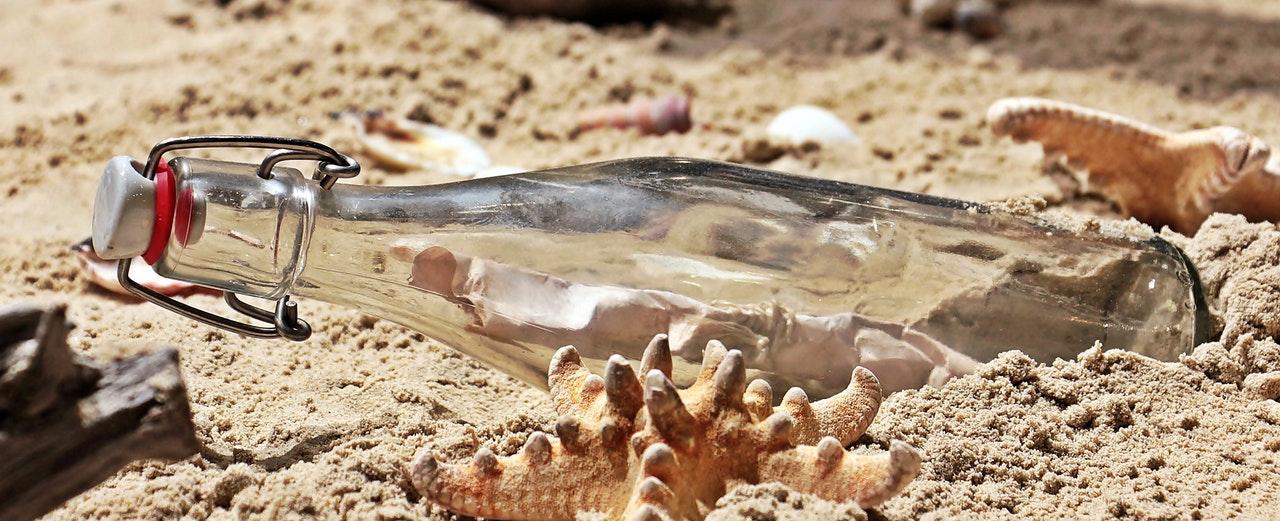
91% Of Plastic Is Never Recycled, According To New Study
Humans have produced over 8.3 billion metric tons of plastics and a new study shows most of it is in landfills.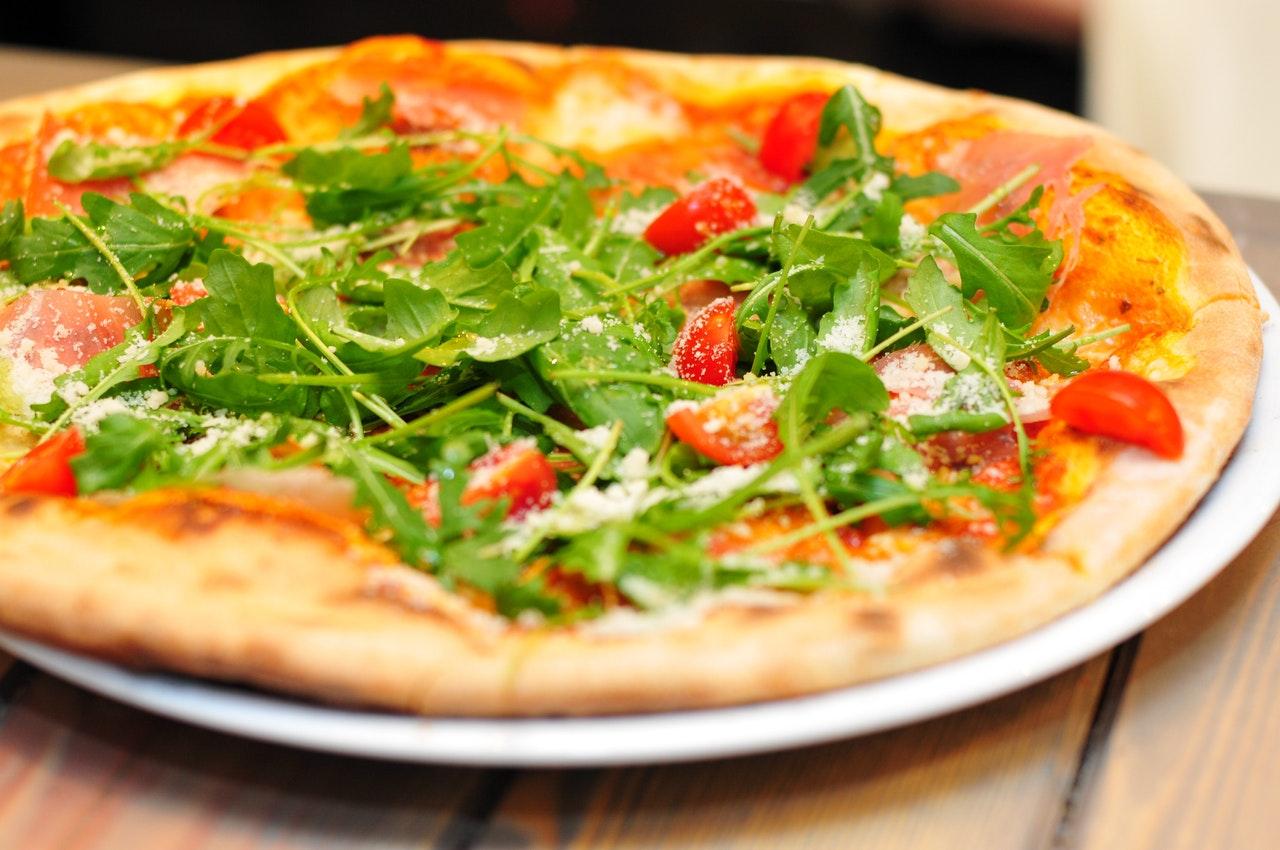
How Food Created From Electricity Can Feed The World
The Food From Electricity project involves a single-cell protein developed by Finnish scientists that could solve world hunger and end deforestation for cattle.
The Lazy Gardener's Maintenance-Free Vegetable Growing Guide
Vegetable growing can seem like a challenge but this maintenance free vegetable guide can help.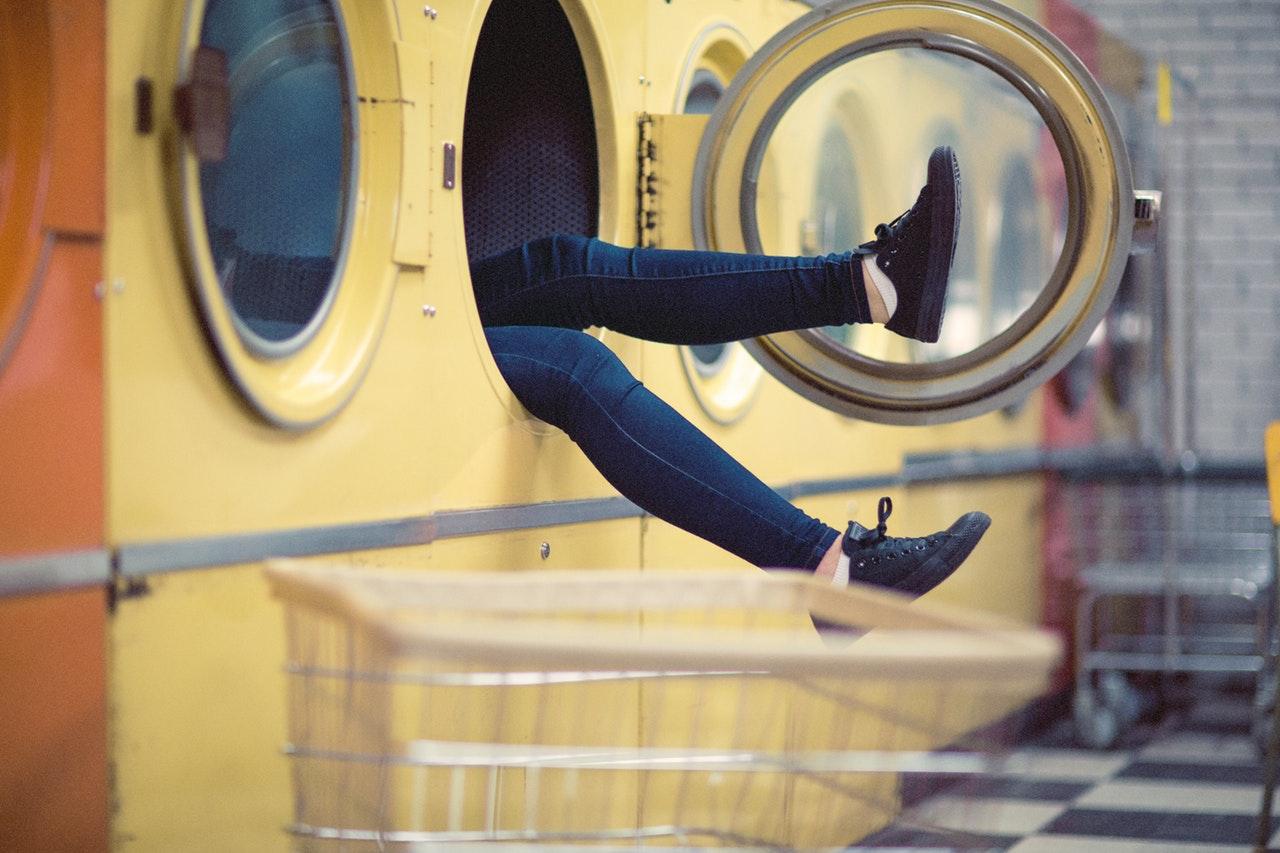
8 Eco-Friendly Ways To Maximize Your Dryer's Efficiency
Make your dryer more energy efficient with these easy to follow green tips on energy saving.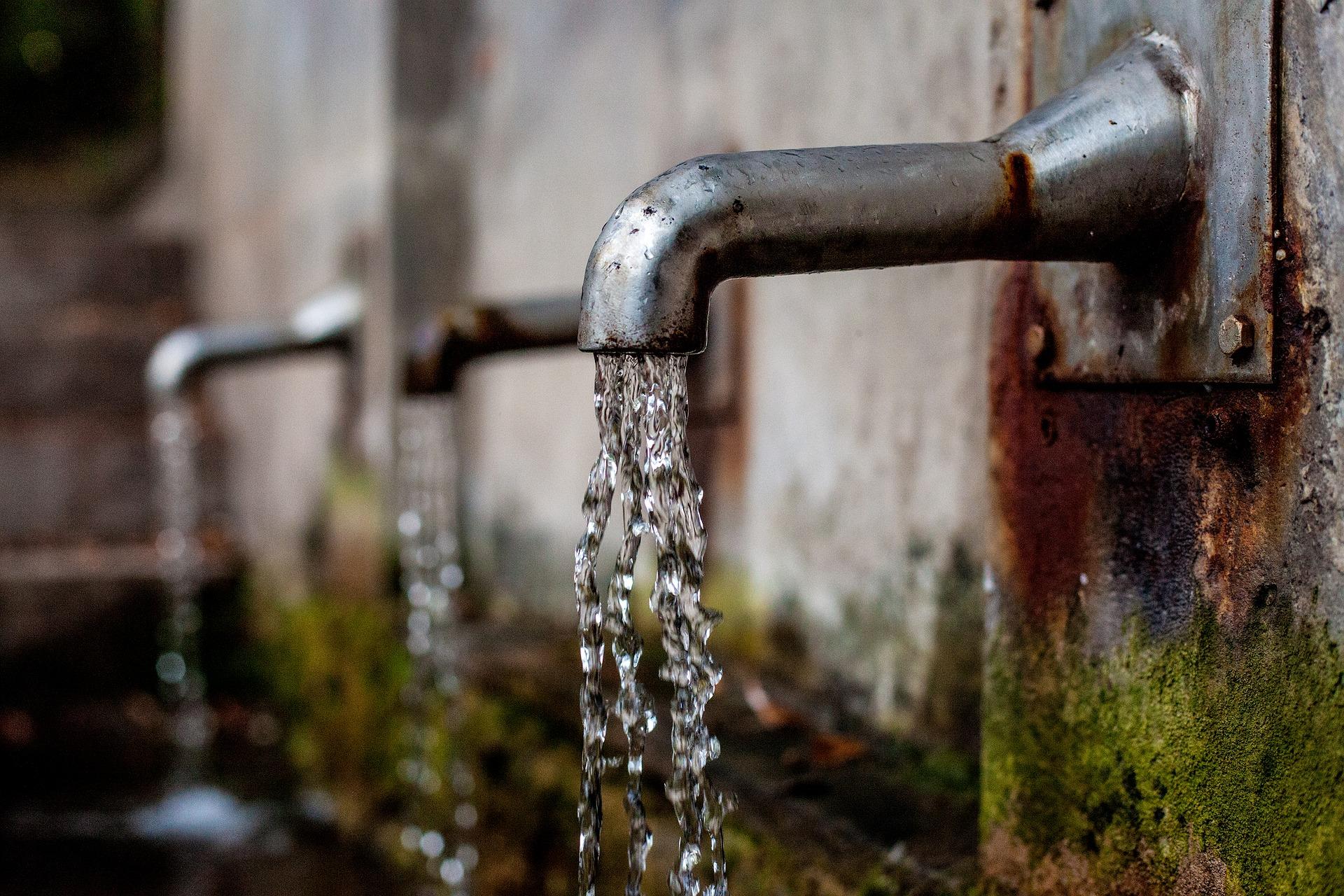
6 Simple Methods For Purifying Your Own Water
It's easy to purify your own water, here are some simple tips to make it easier to do.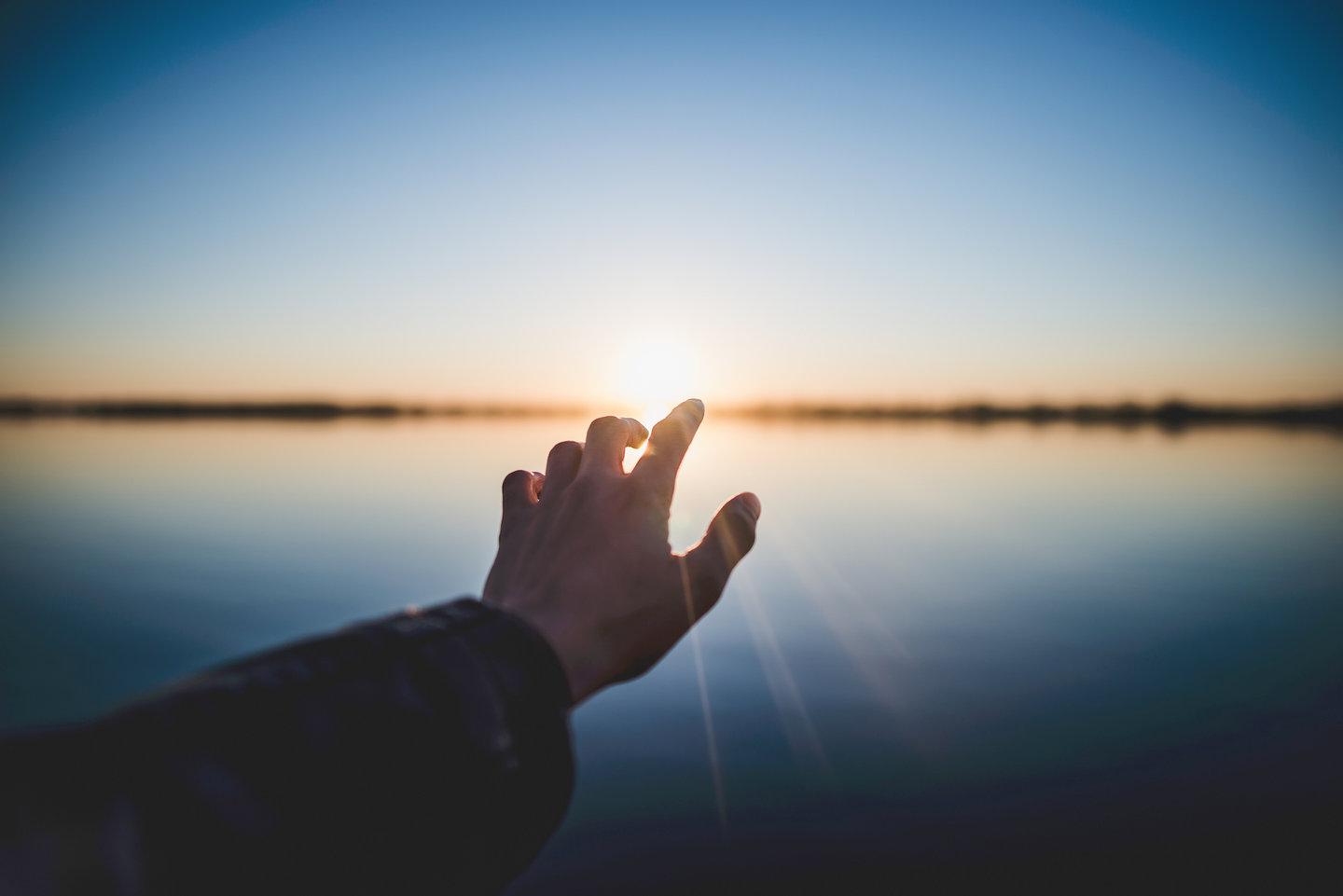
Scientists Discover How To Use Entire Solar Spectrum To Sustain Life On Earth
Scientists have found a way to use the solar spectrum to recreate better solar panels.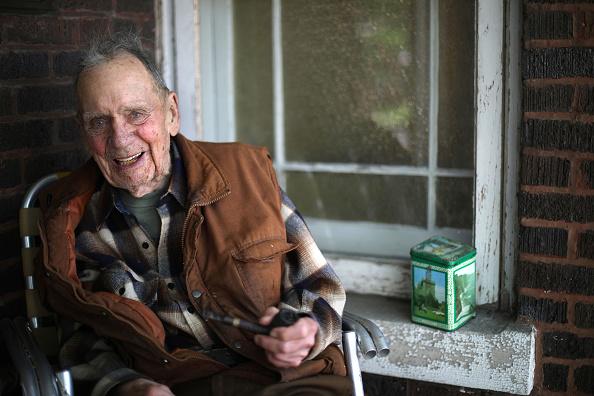
World War II Veteran Donates Millions To Wildlife Preservation
98-Year-Old World War II Veterman donated 2 million dollars to the Illinois Audubon Society.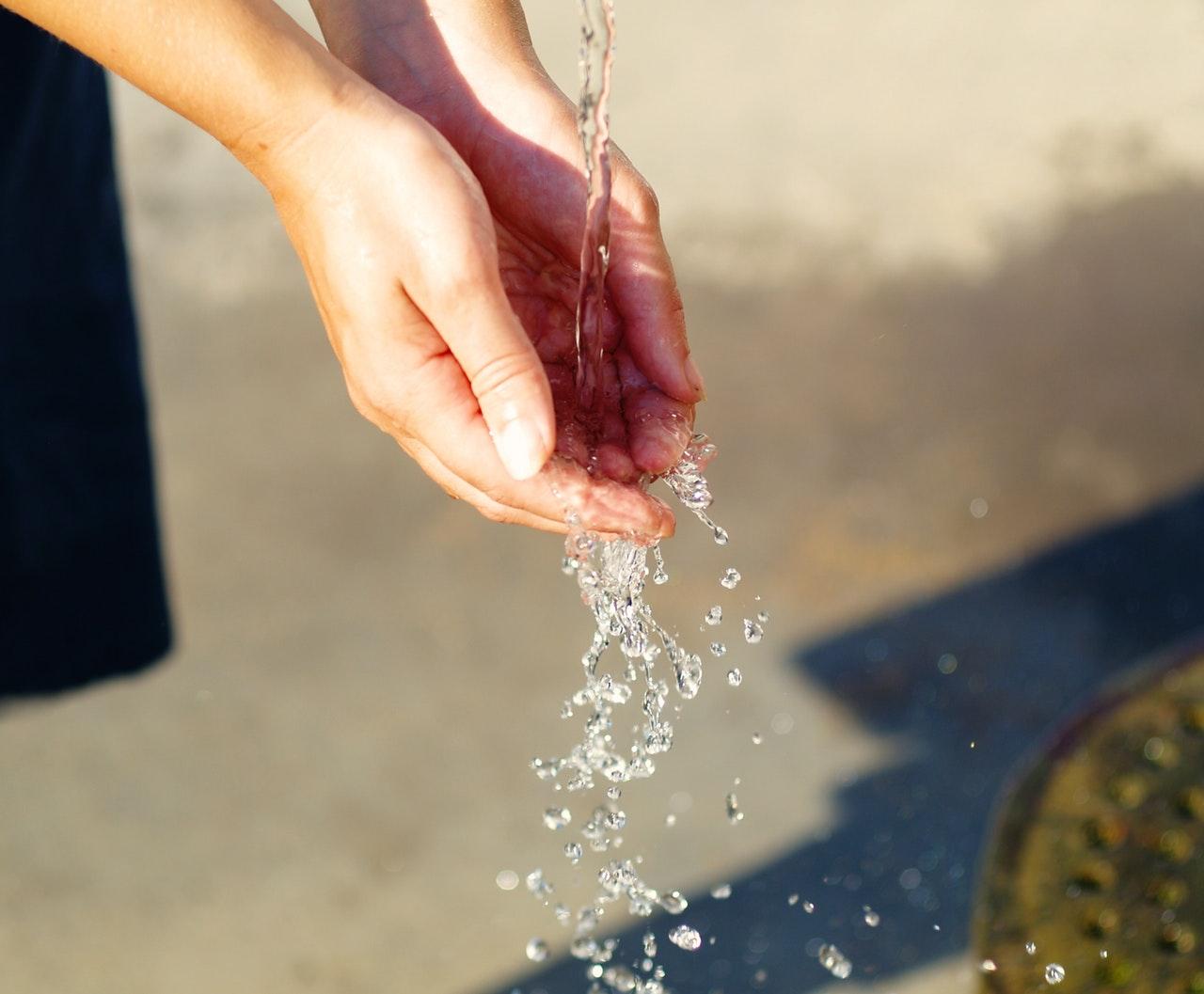
How To Create Your Own Outdoor Shower In 8 Simple Steps
An outdoor shower can be a great way to clean off when the weather is warm and also save water.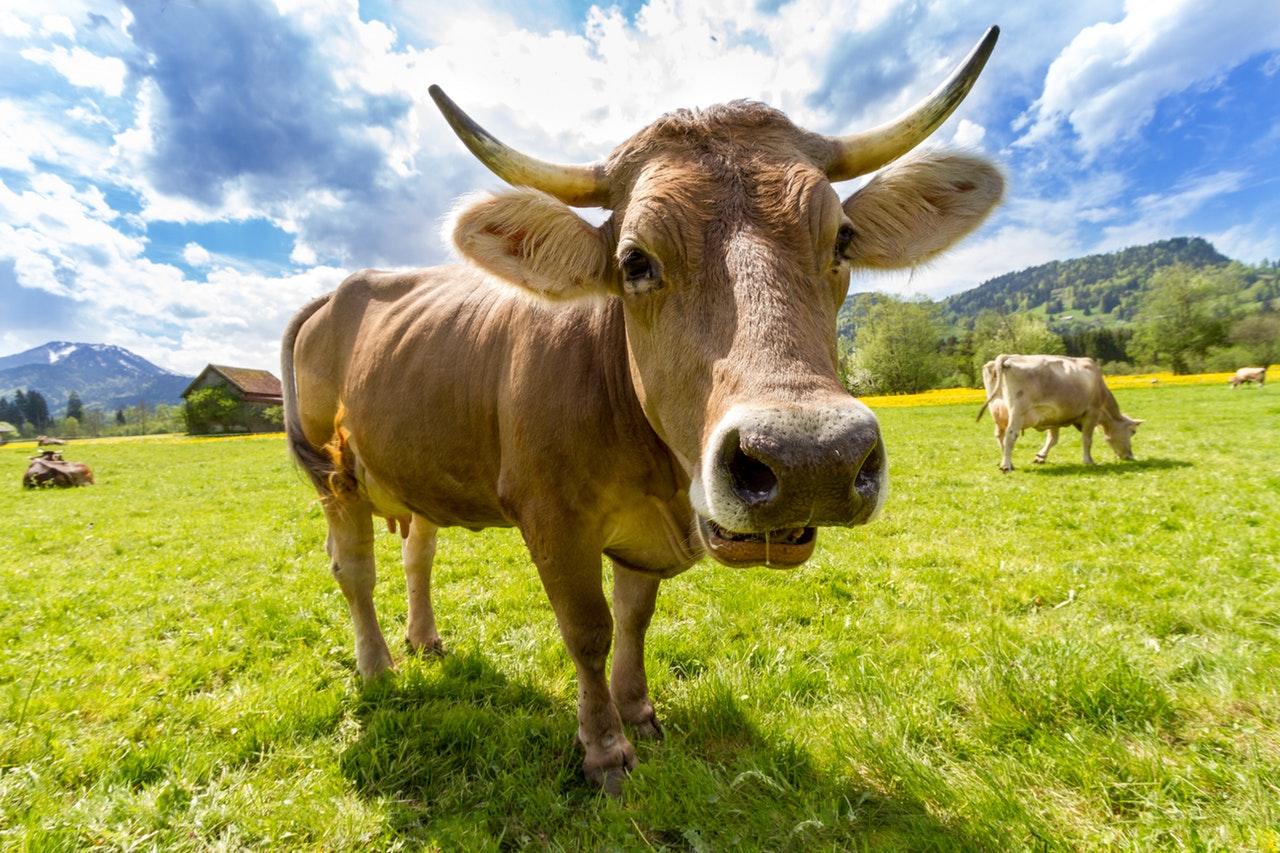
How This Organic Dairy Farmer Powers His Truck With Cow Waste
A dairy farmer in California spent eight years working with a local mechanic to convery his truck into an electric hauler and charges the batteries with electricity generated from cow manure.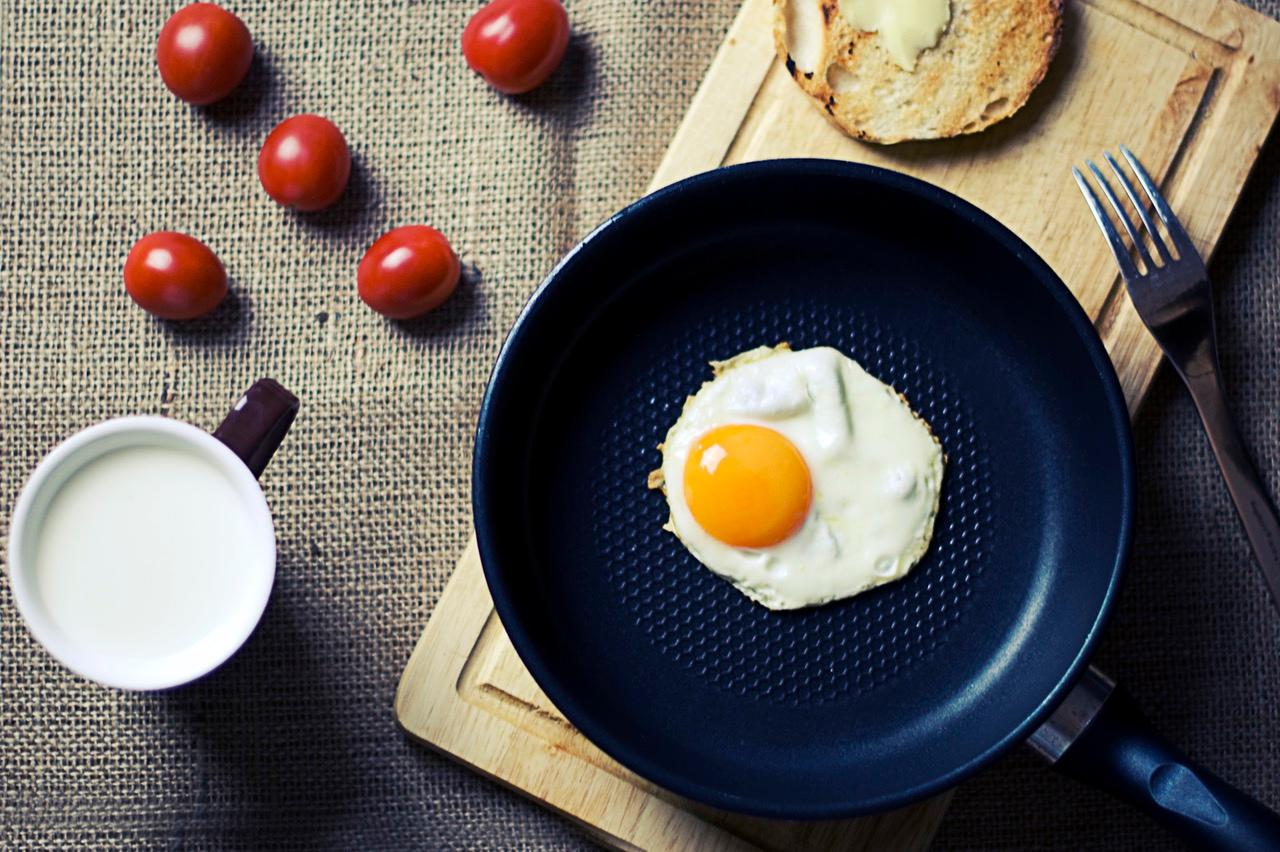
Protein For Breakfast May Put You In A Better Mood, Says Recent Study
Spicing your breakfast up with foods high in protein might actually increase your mood.